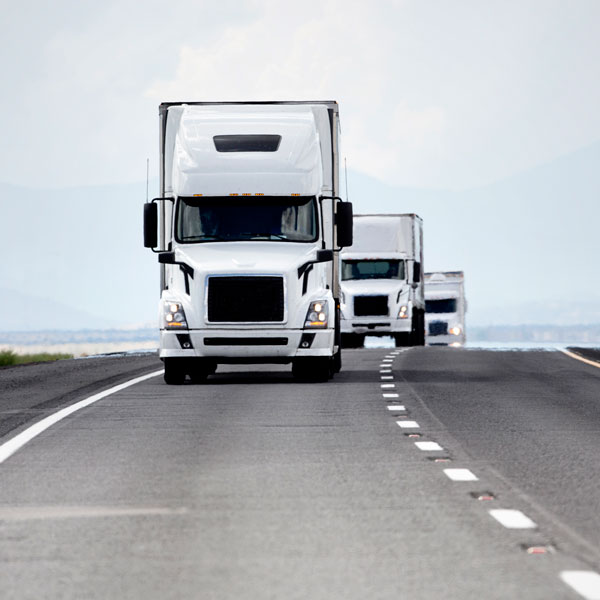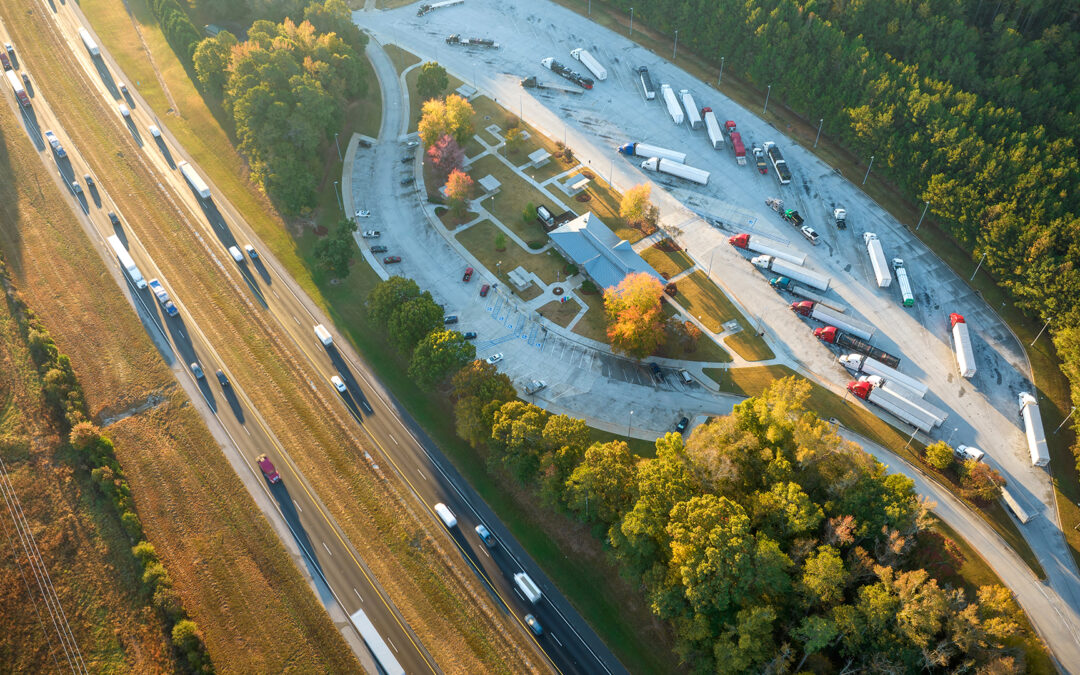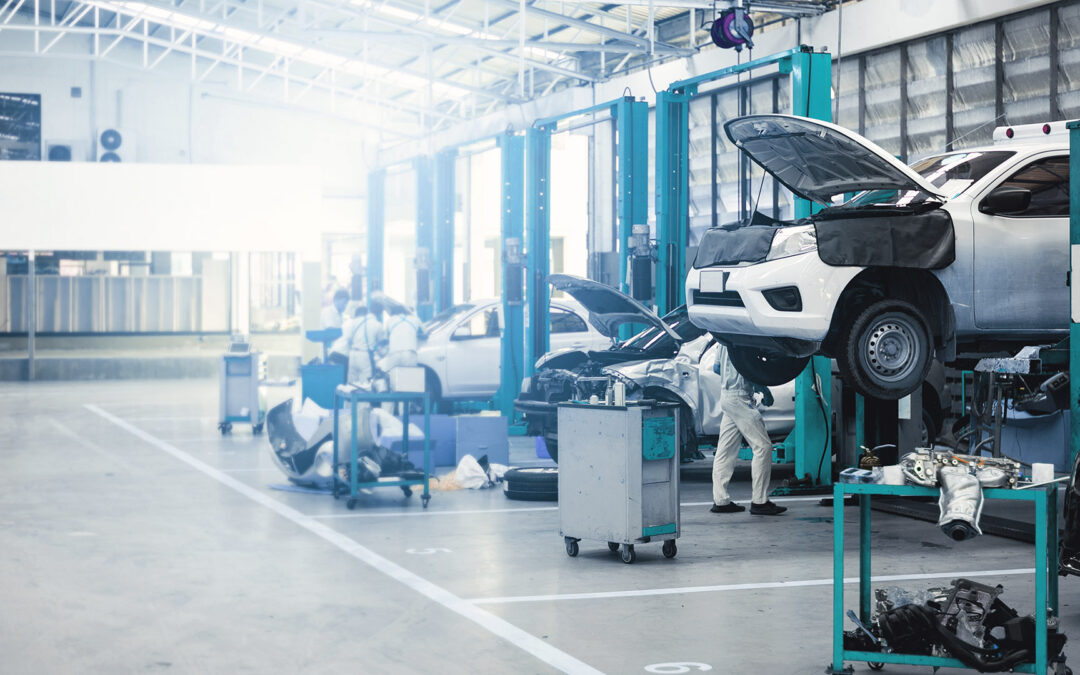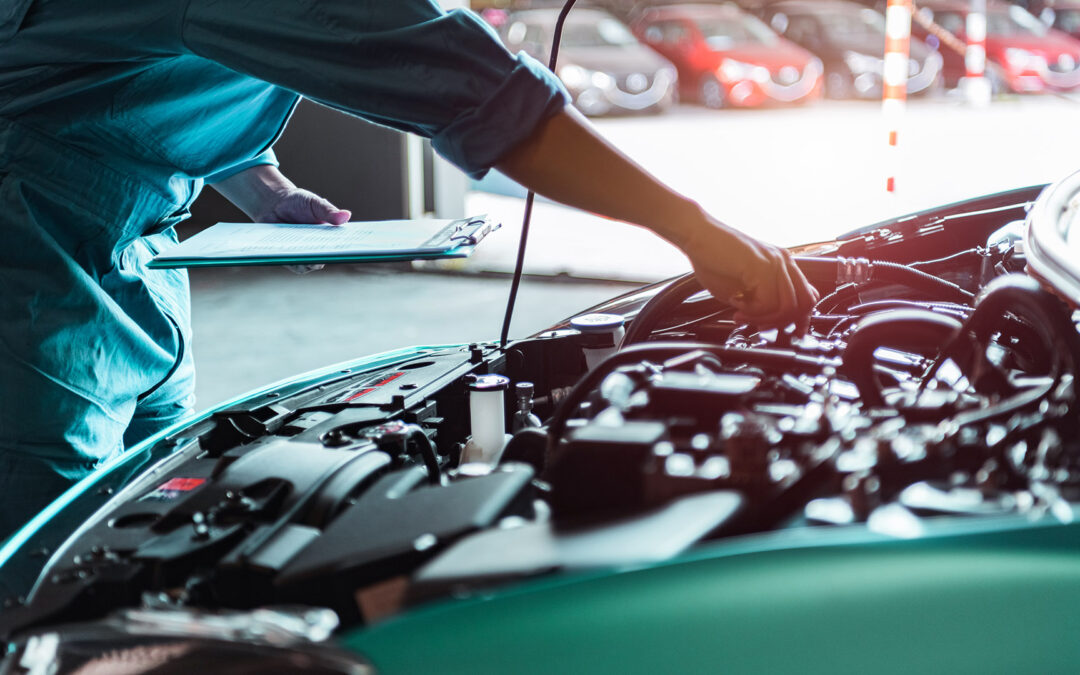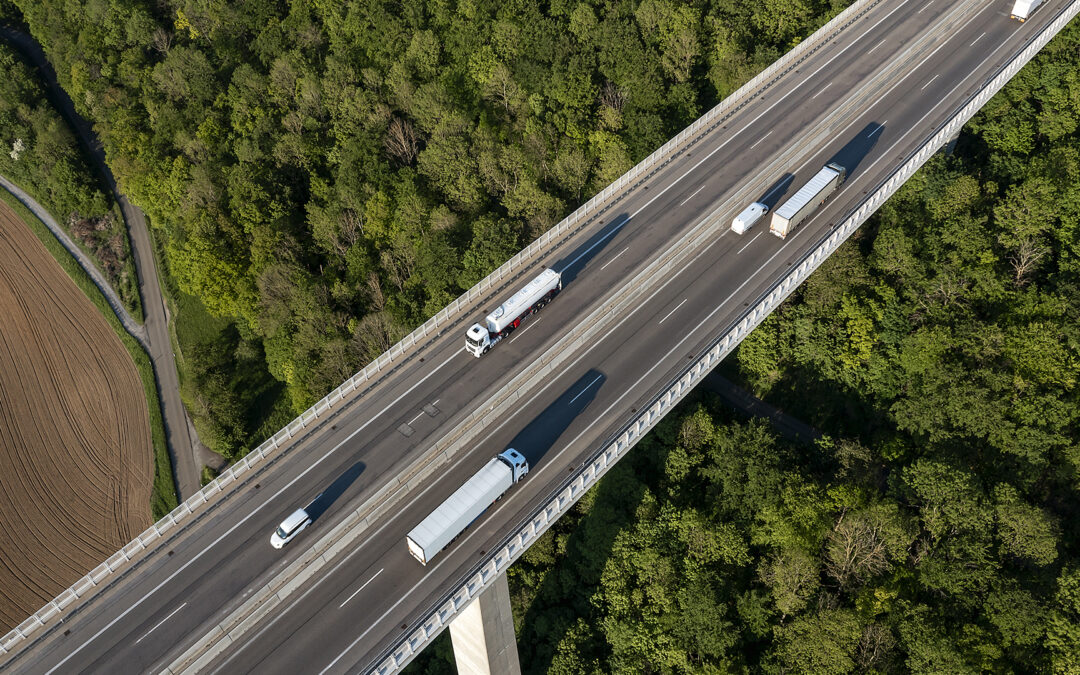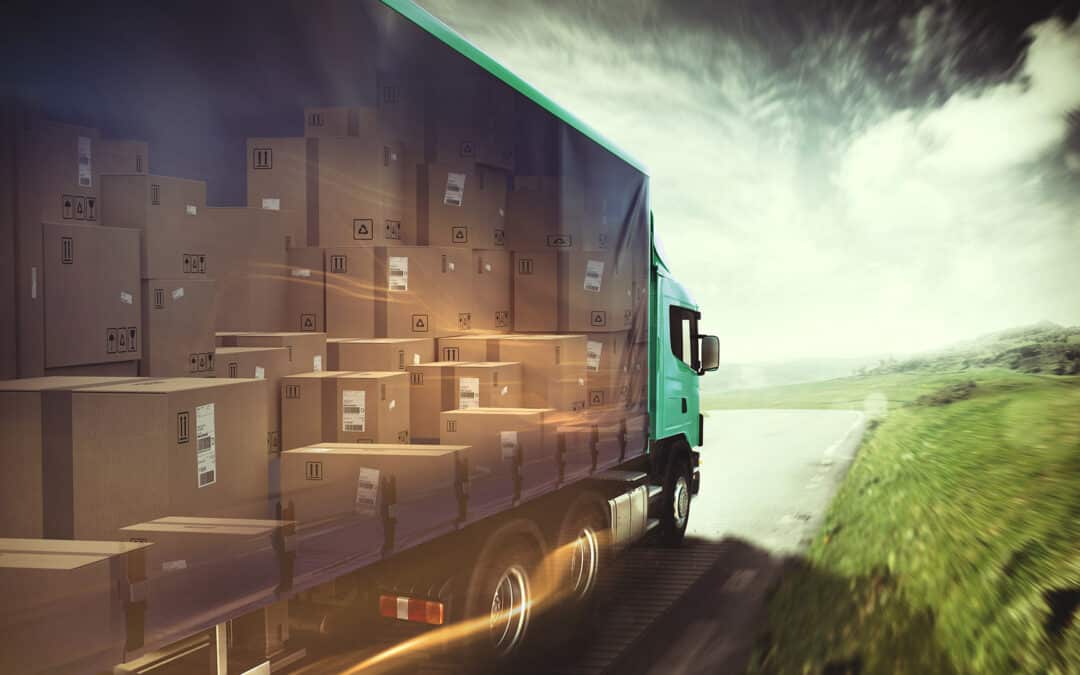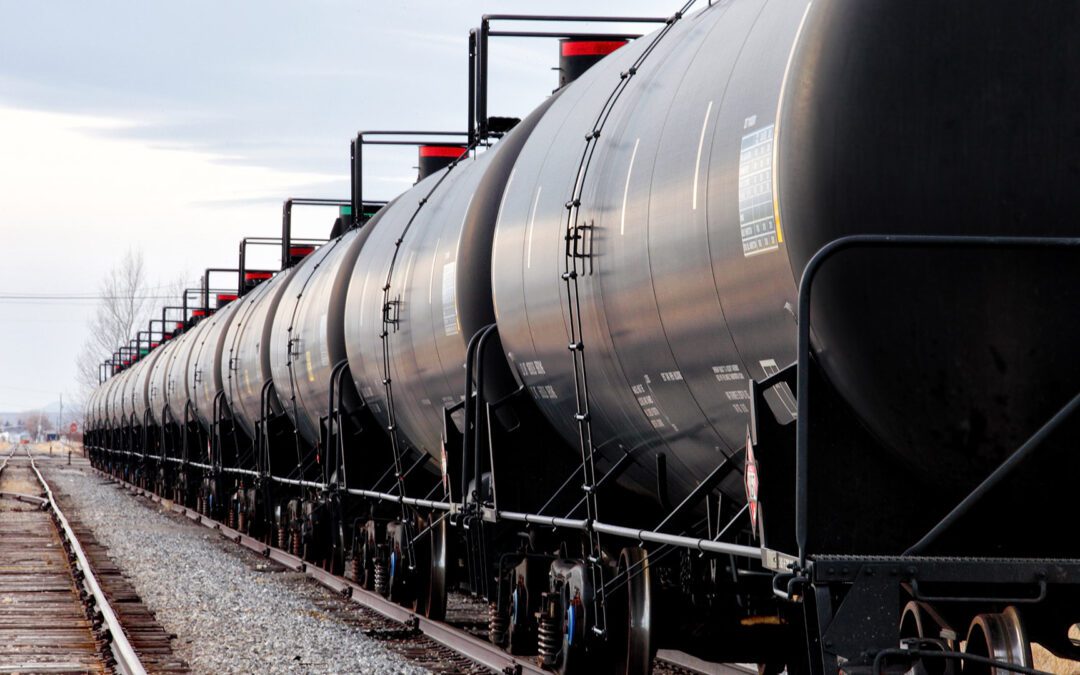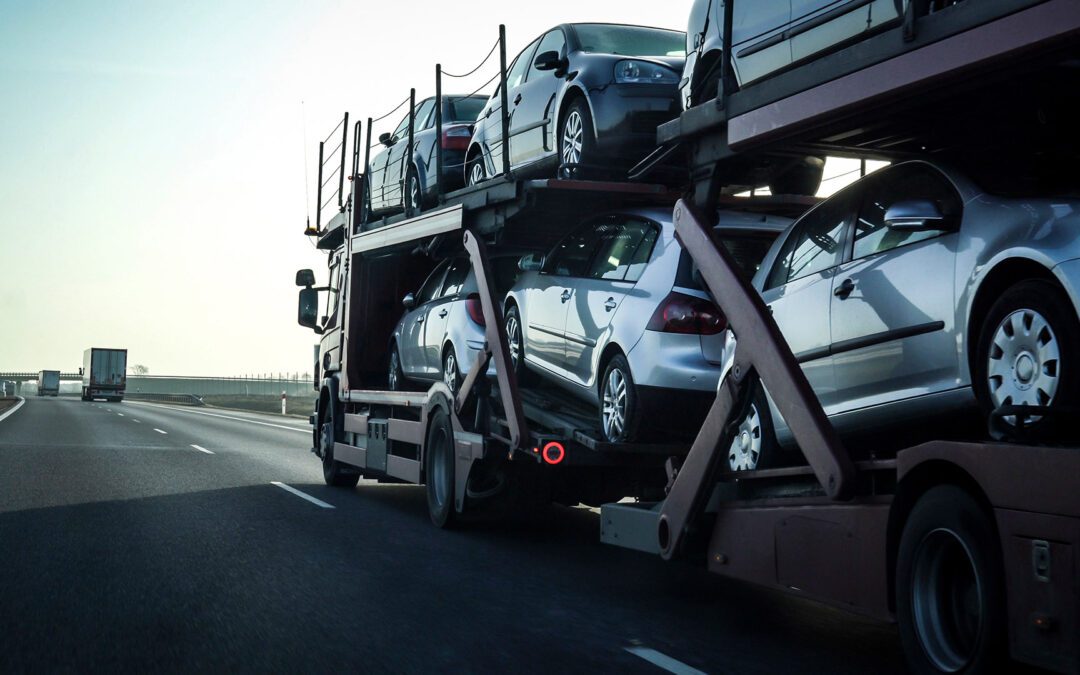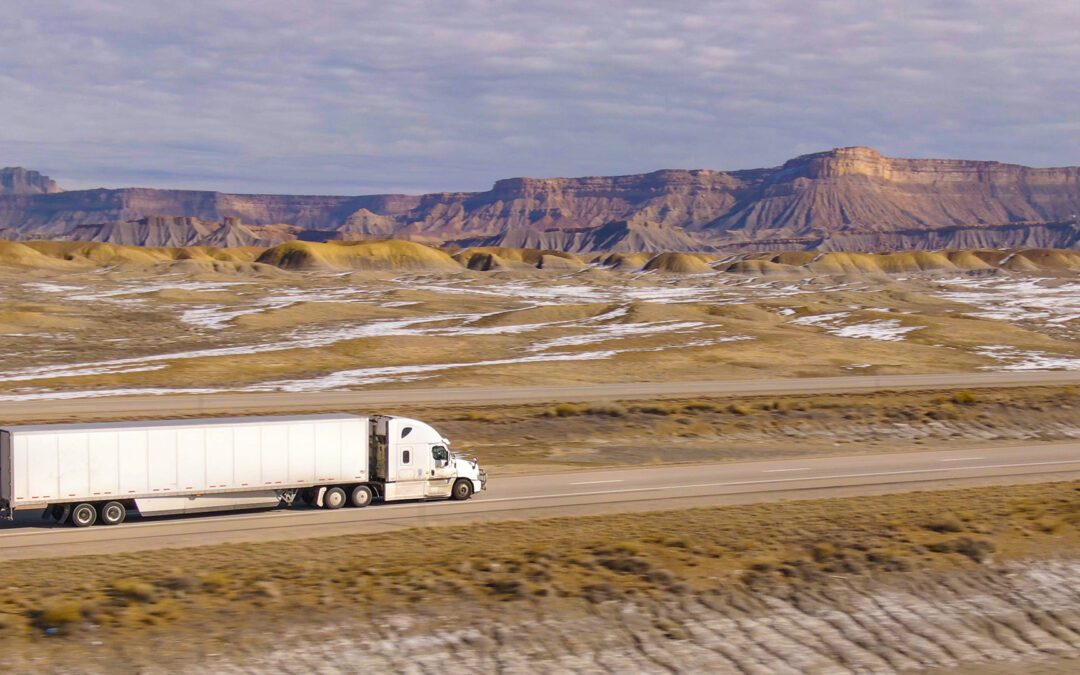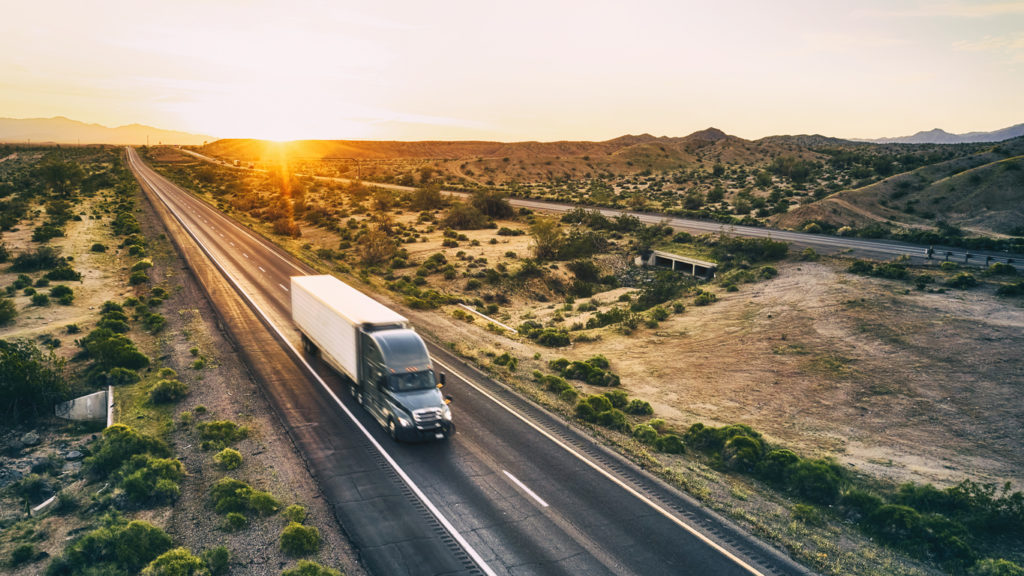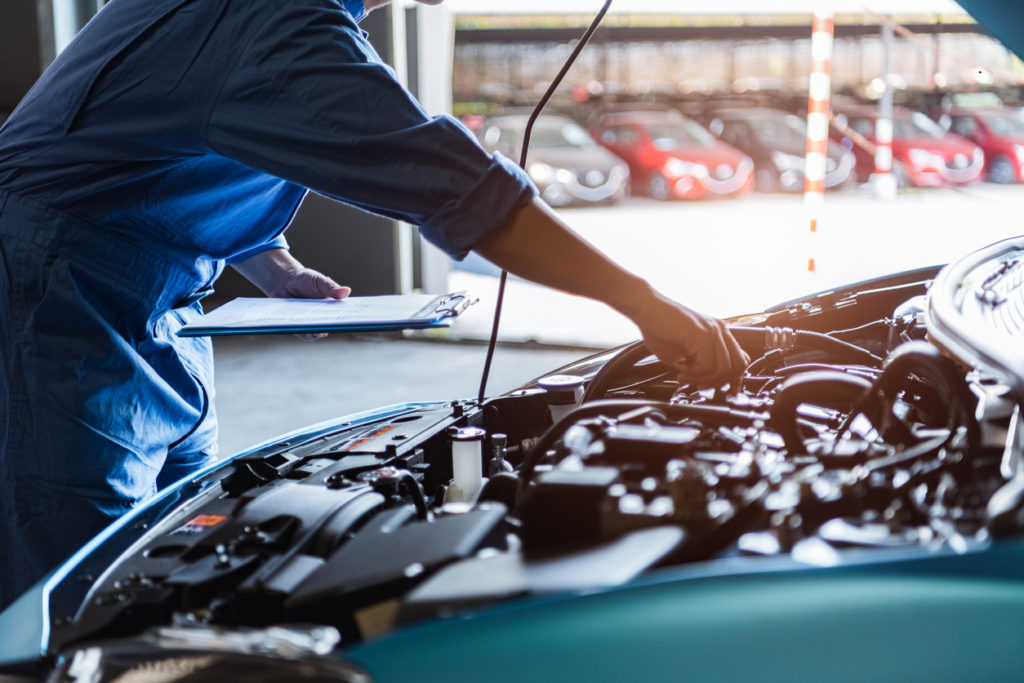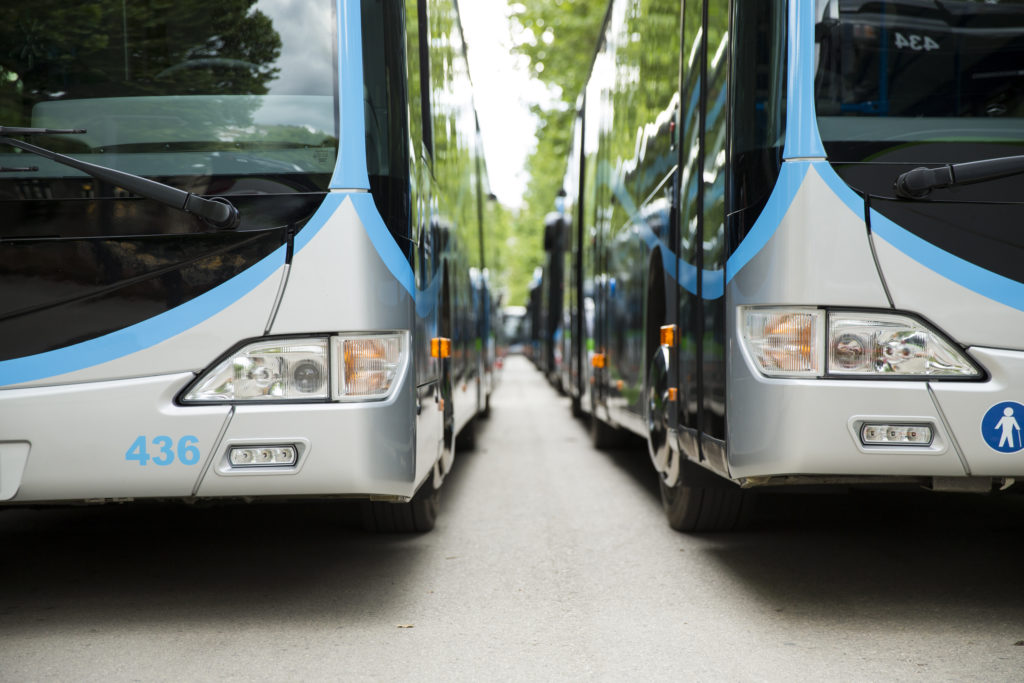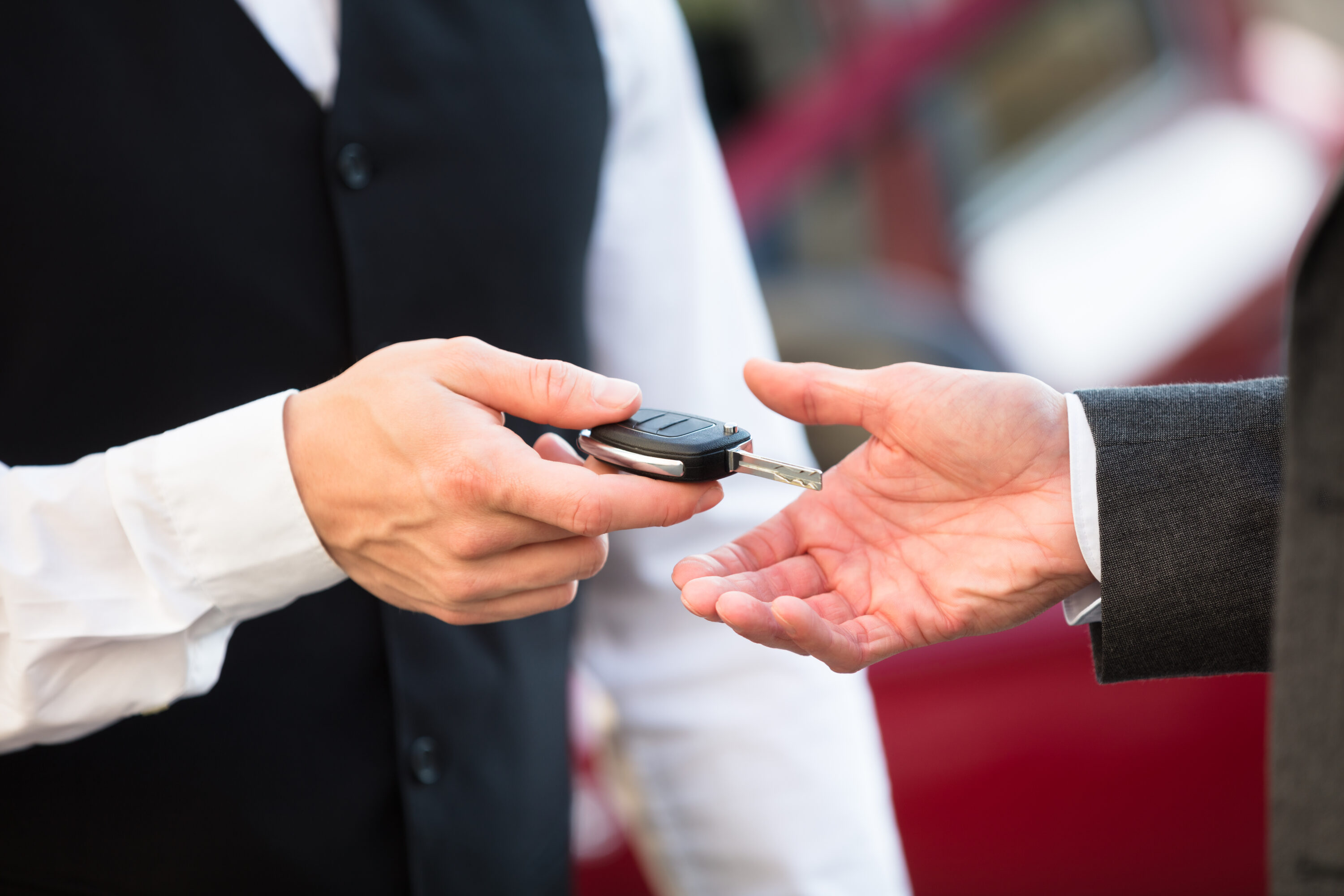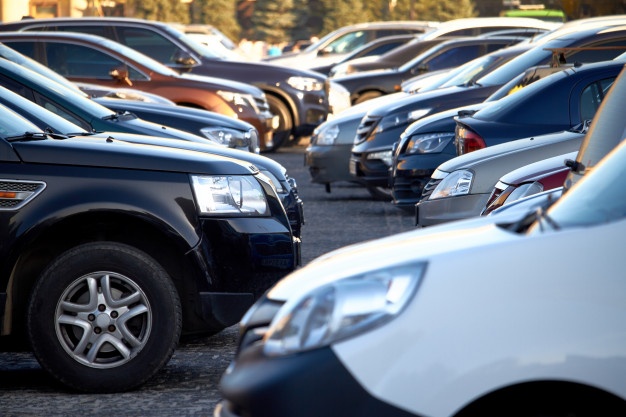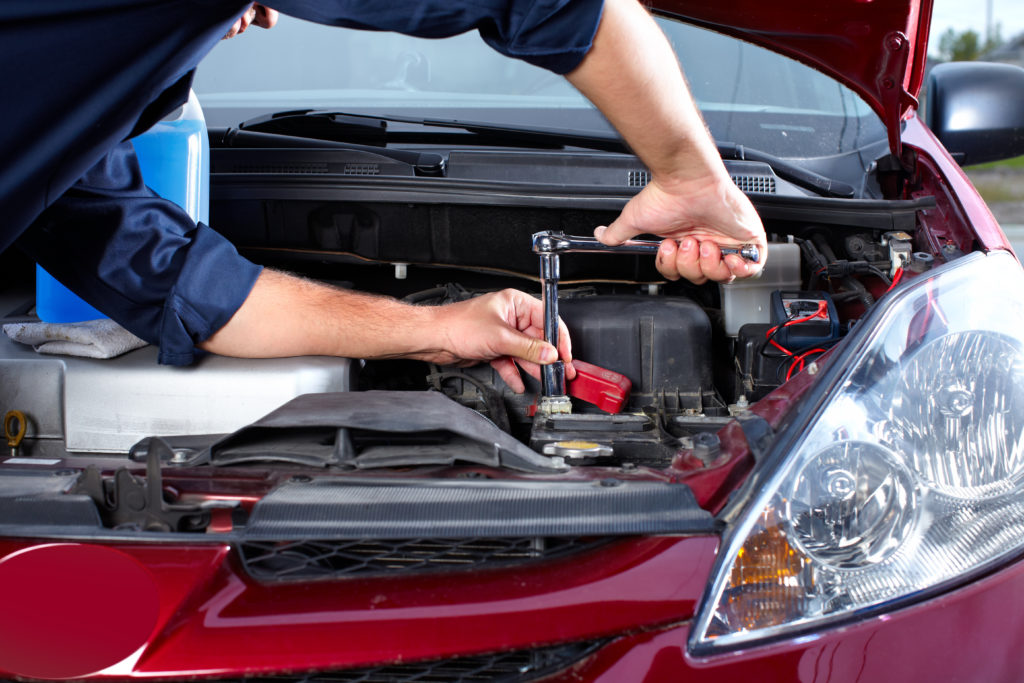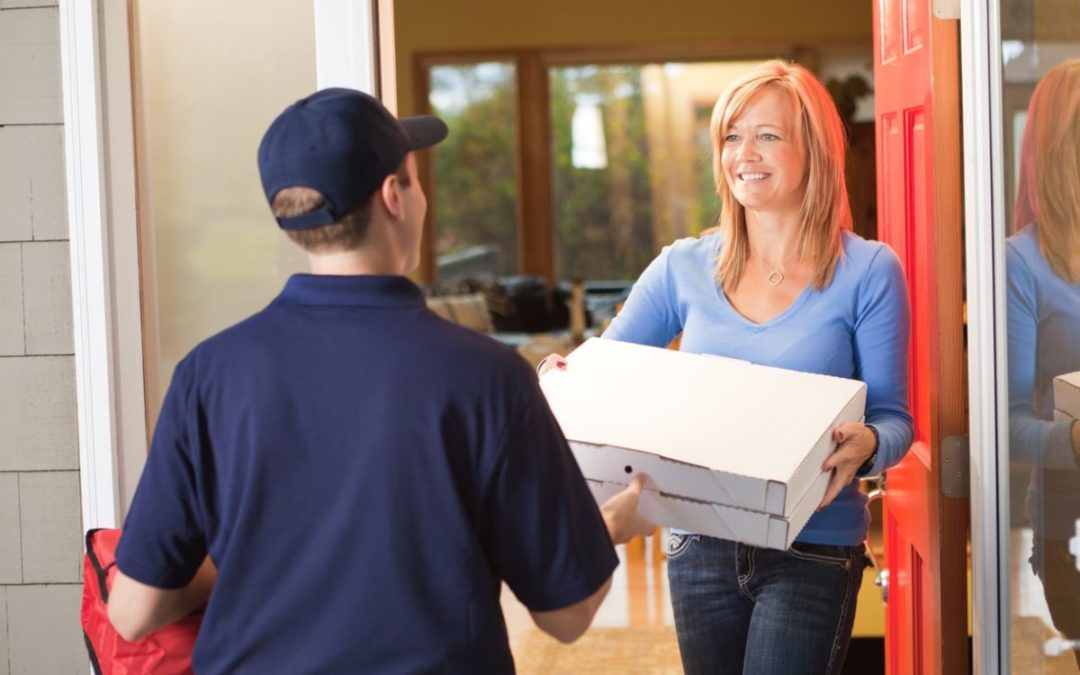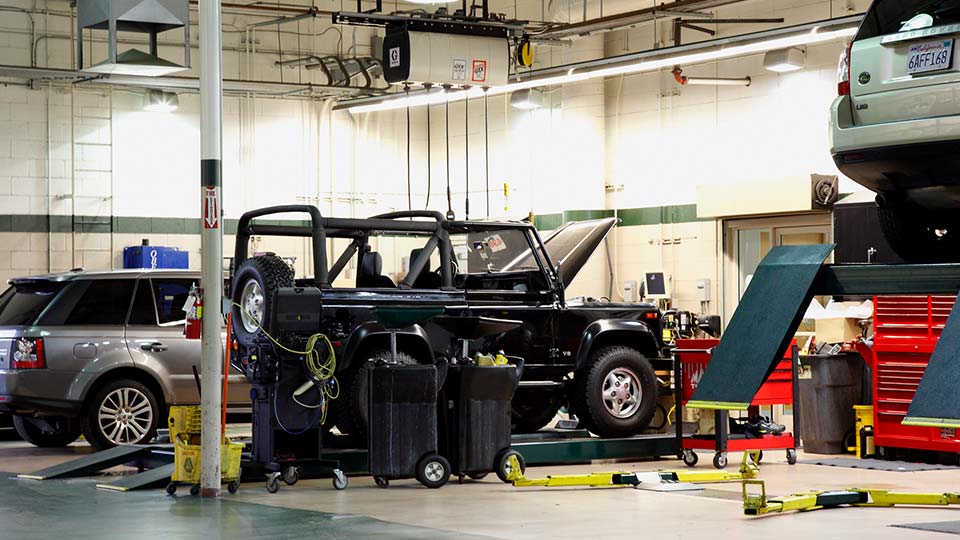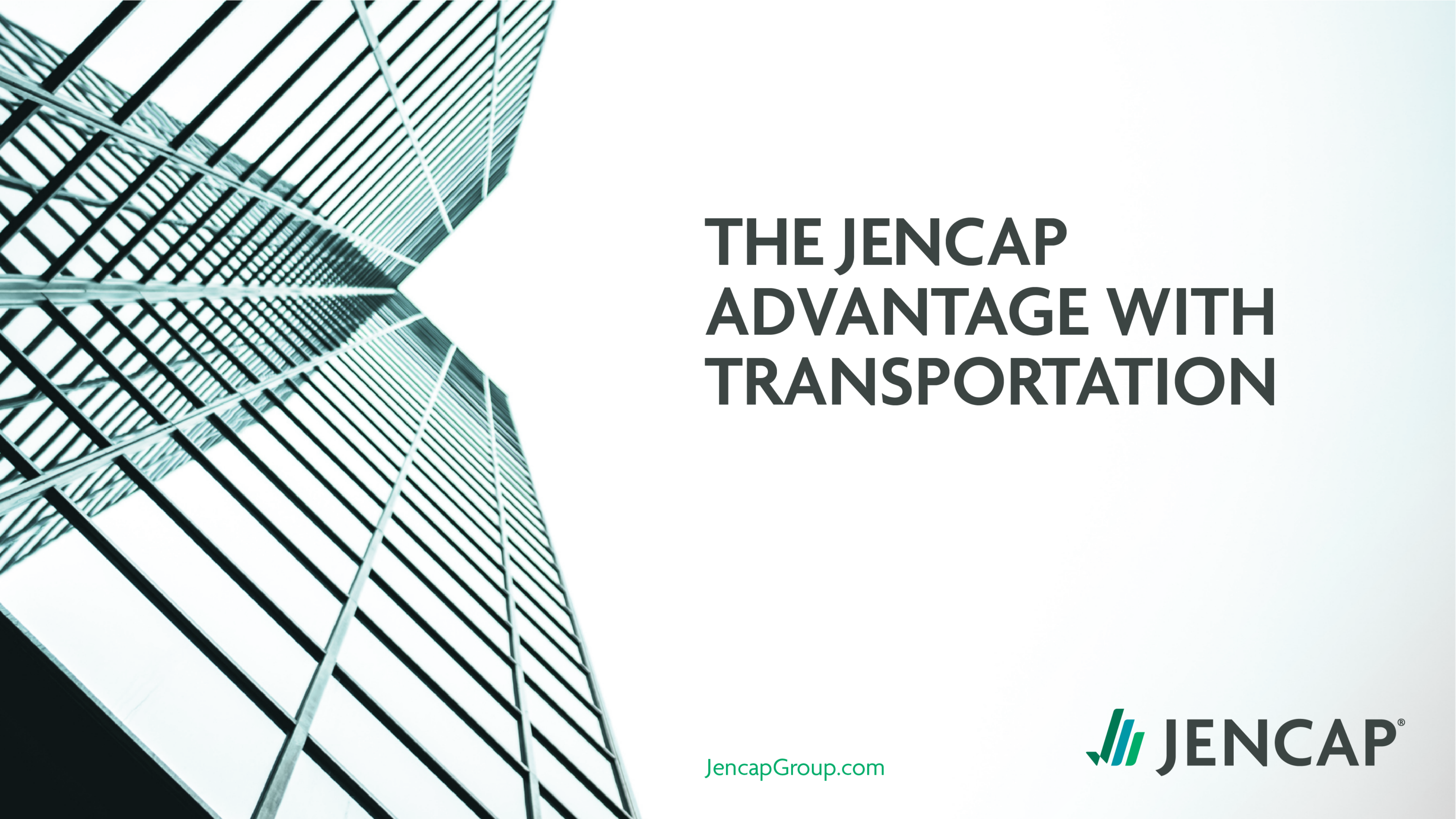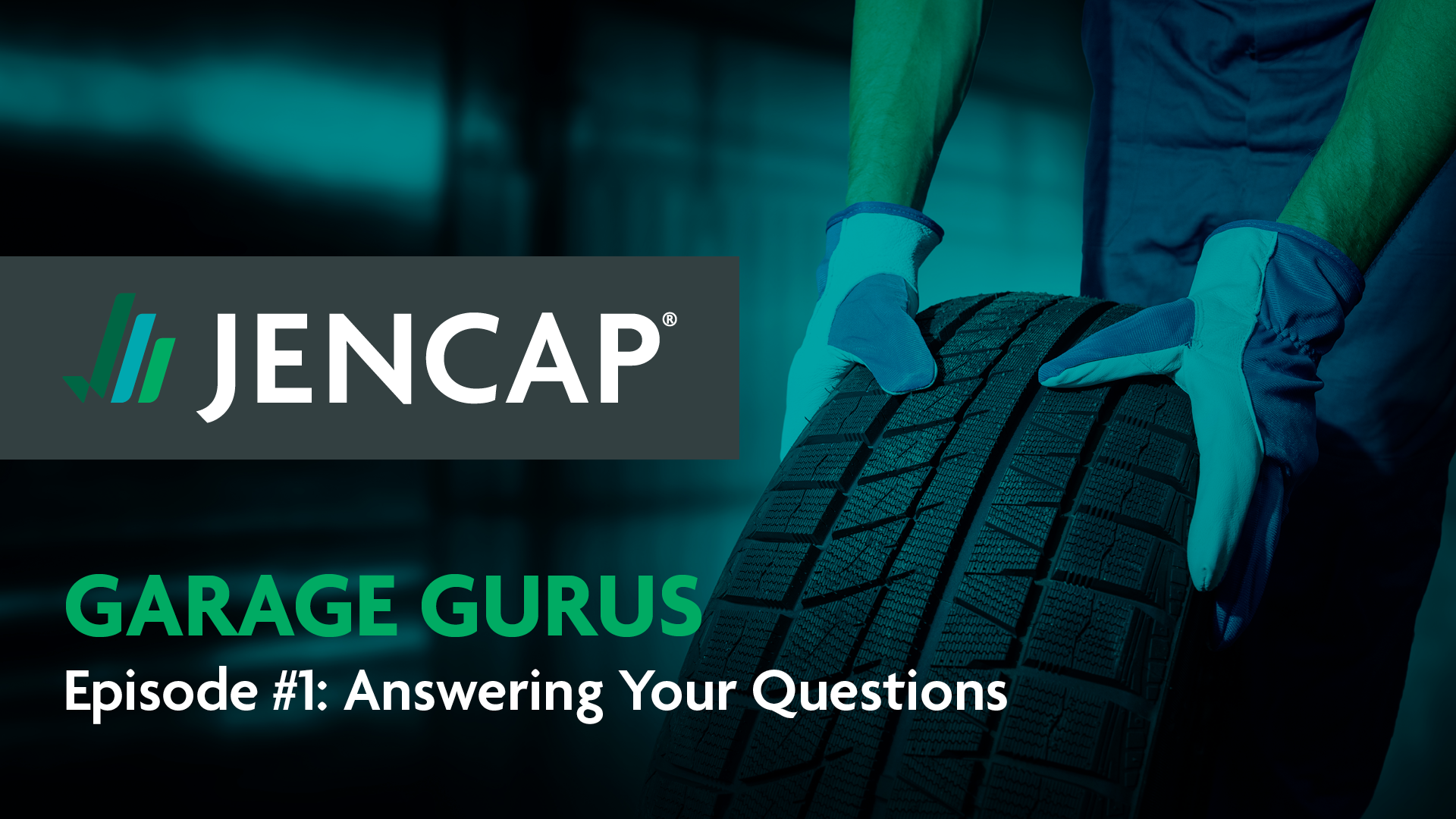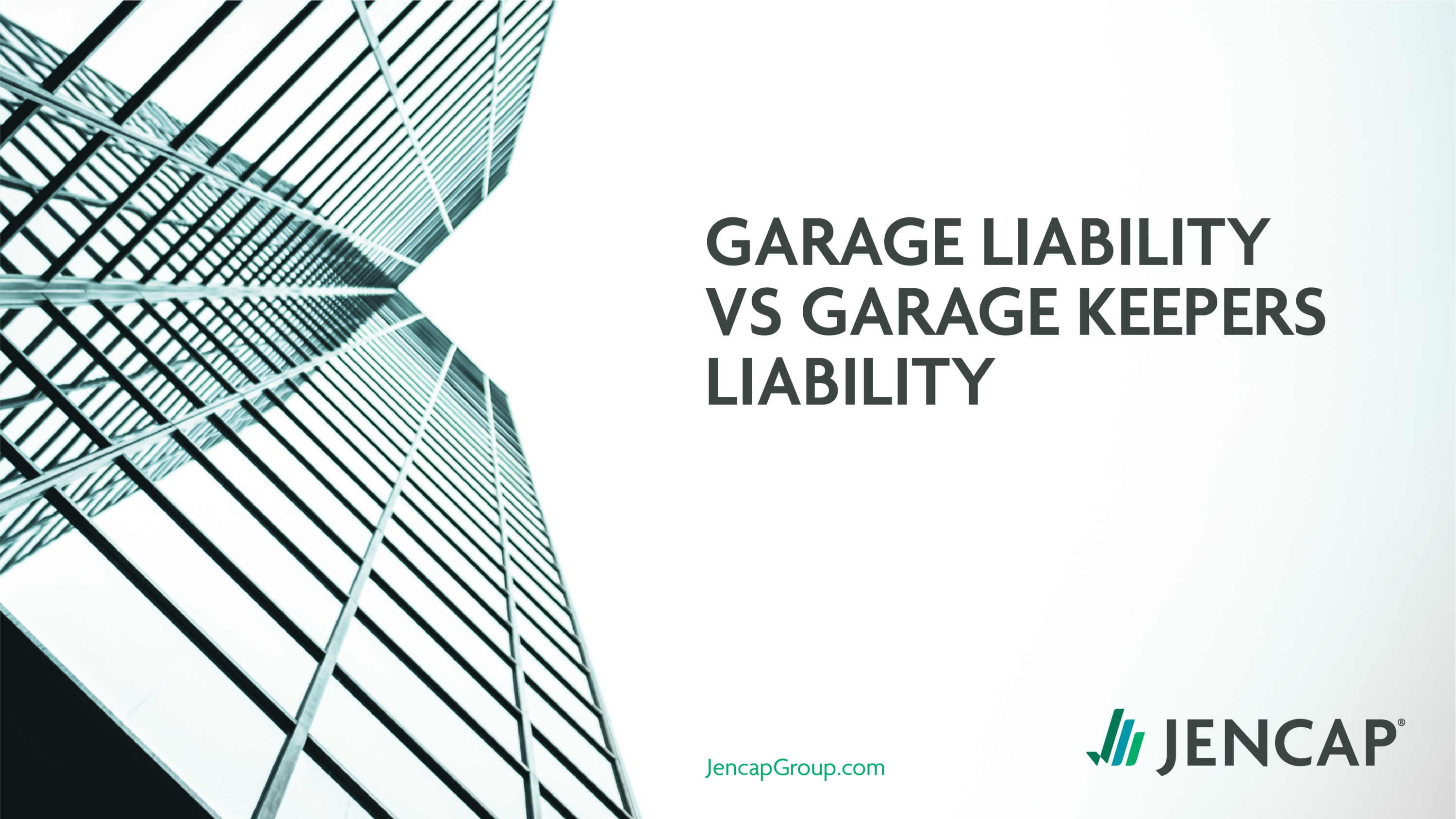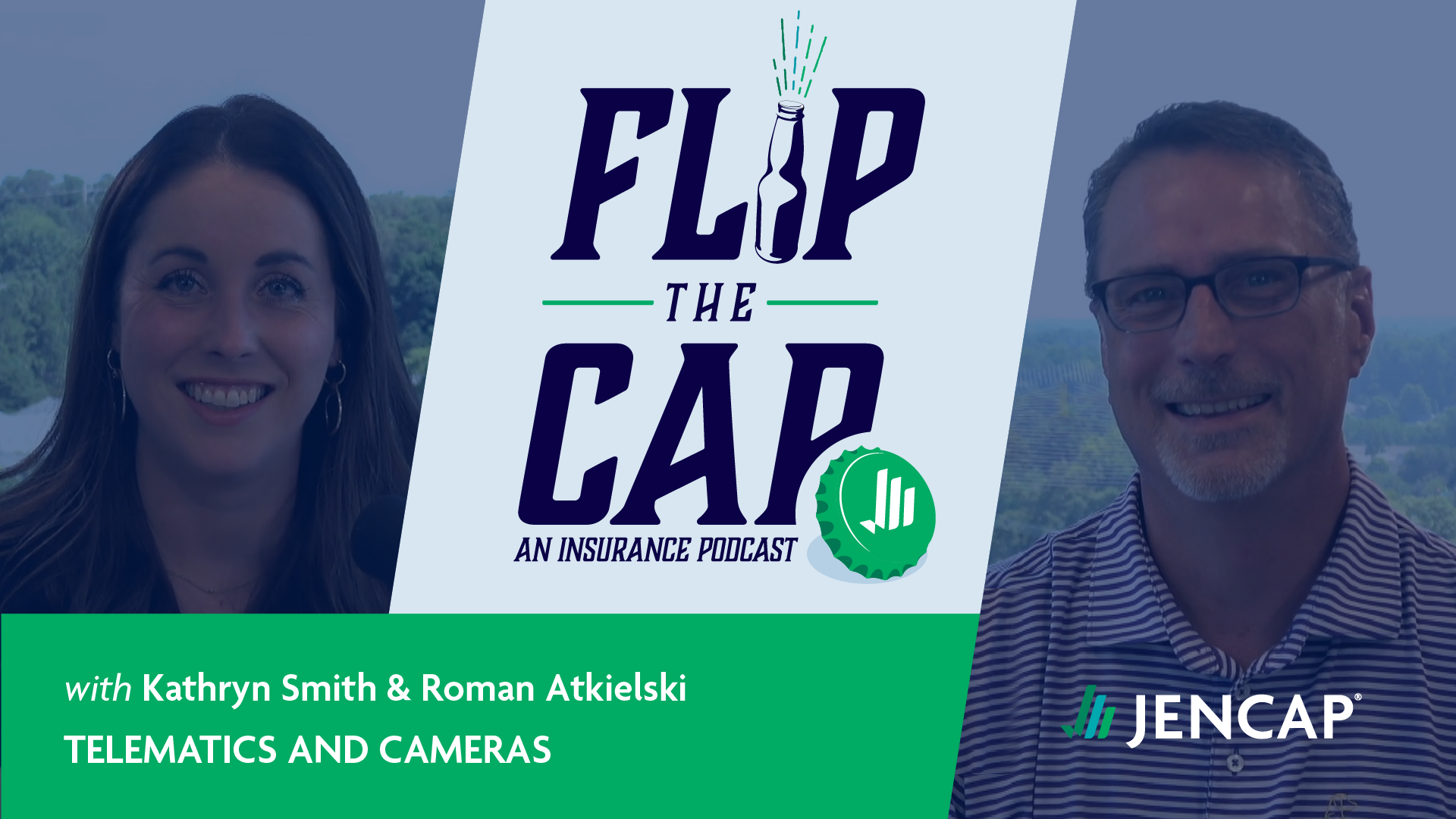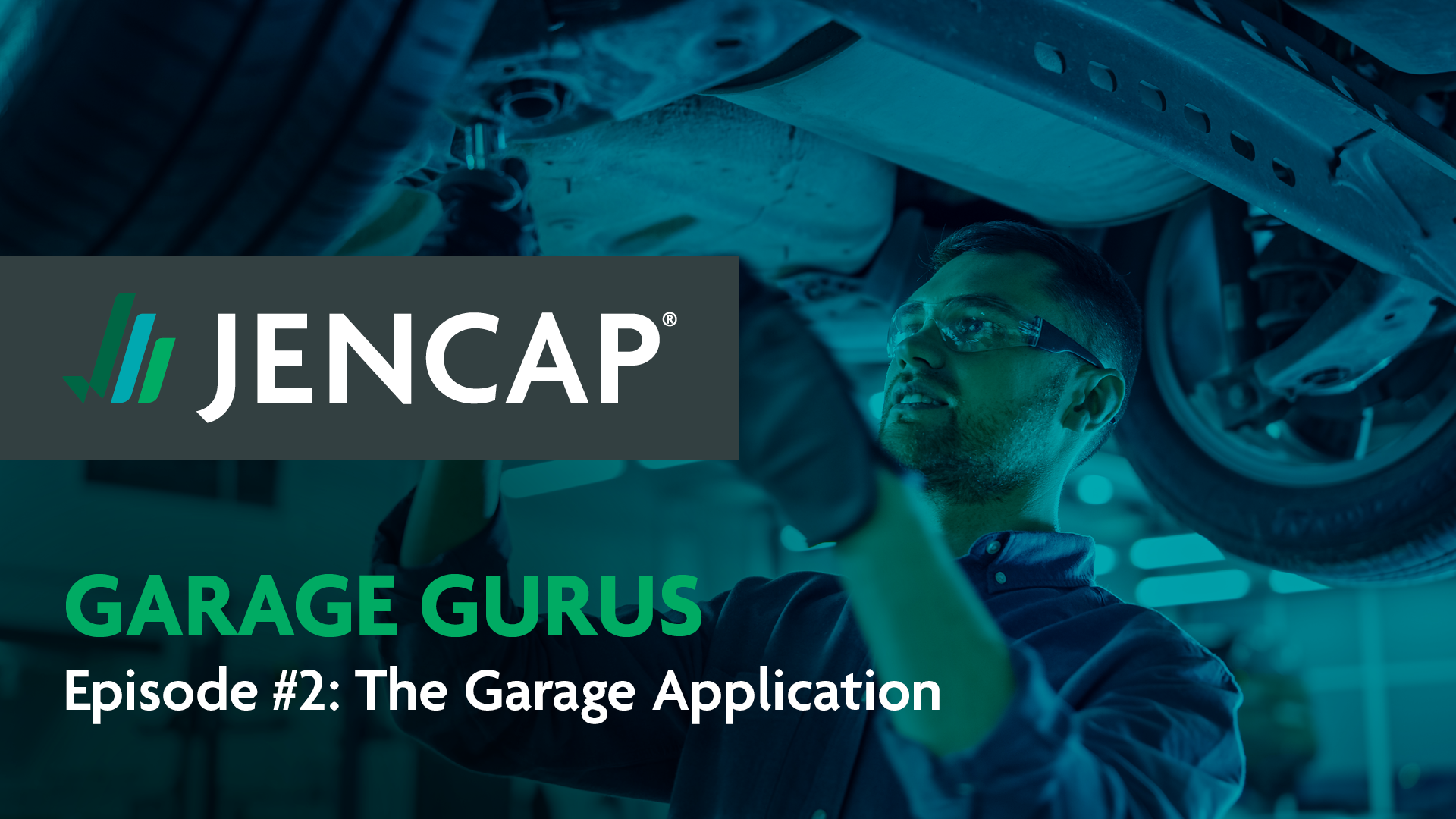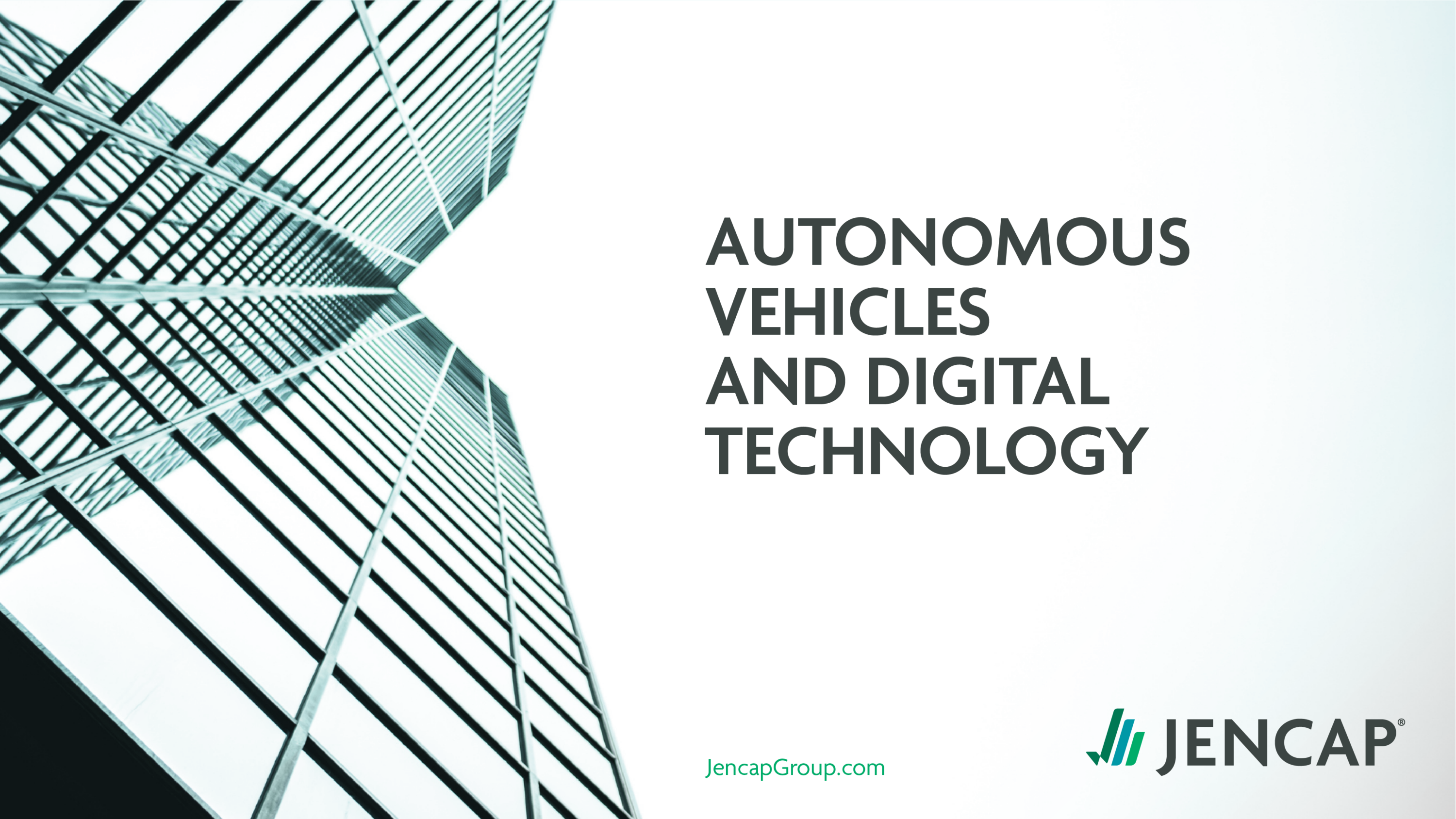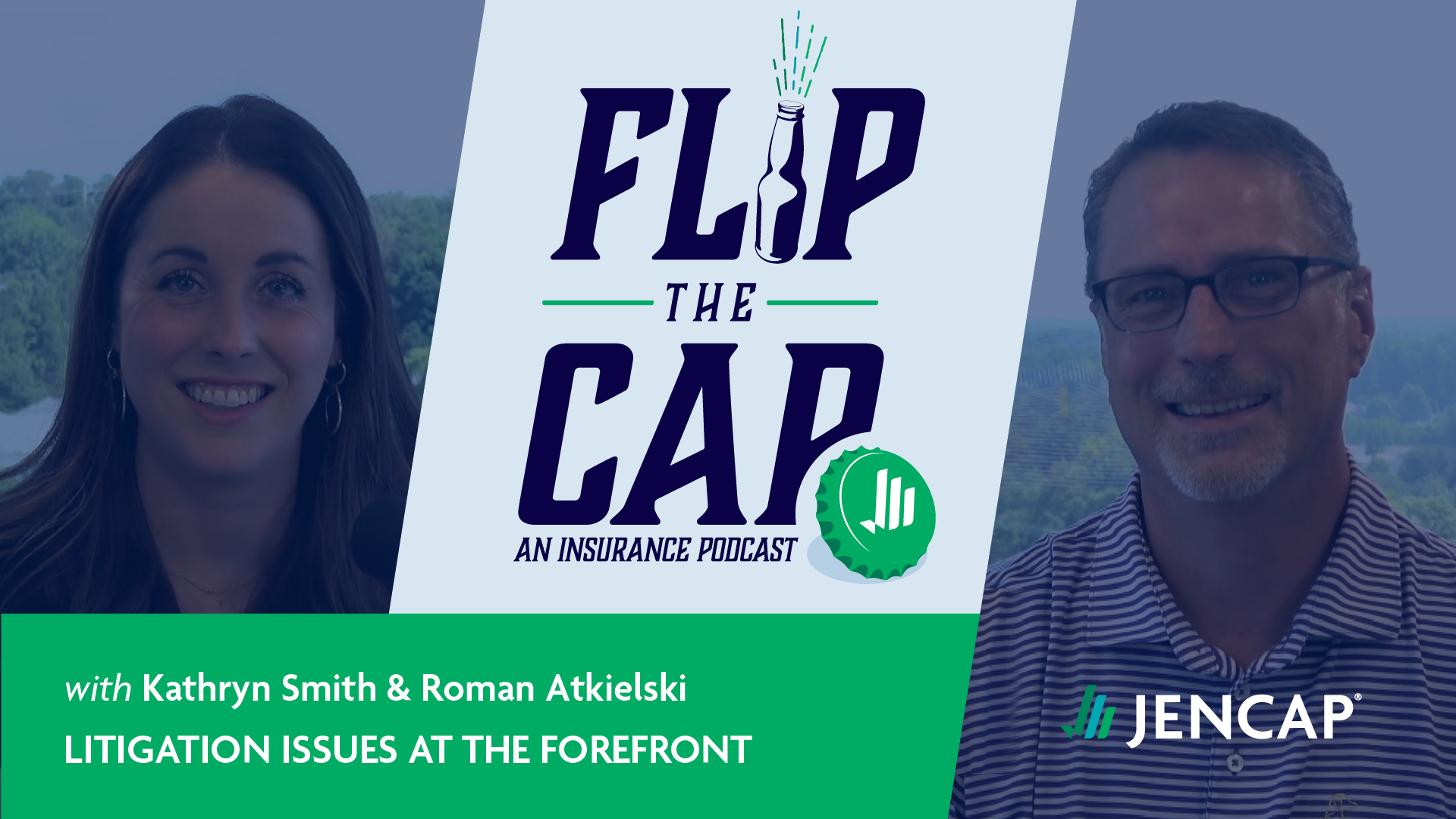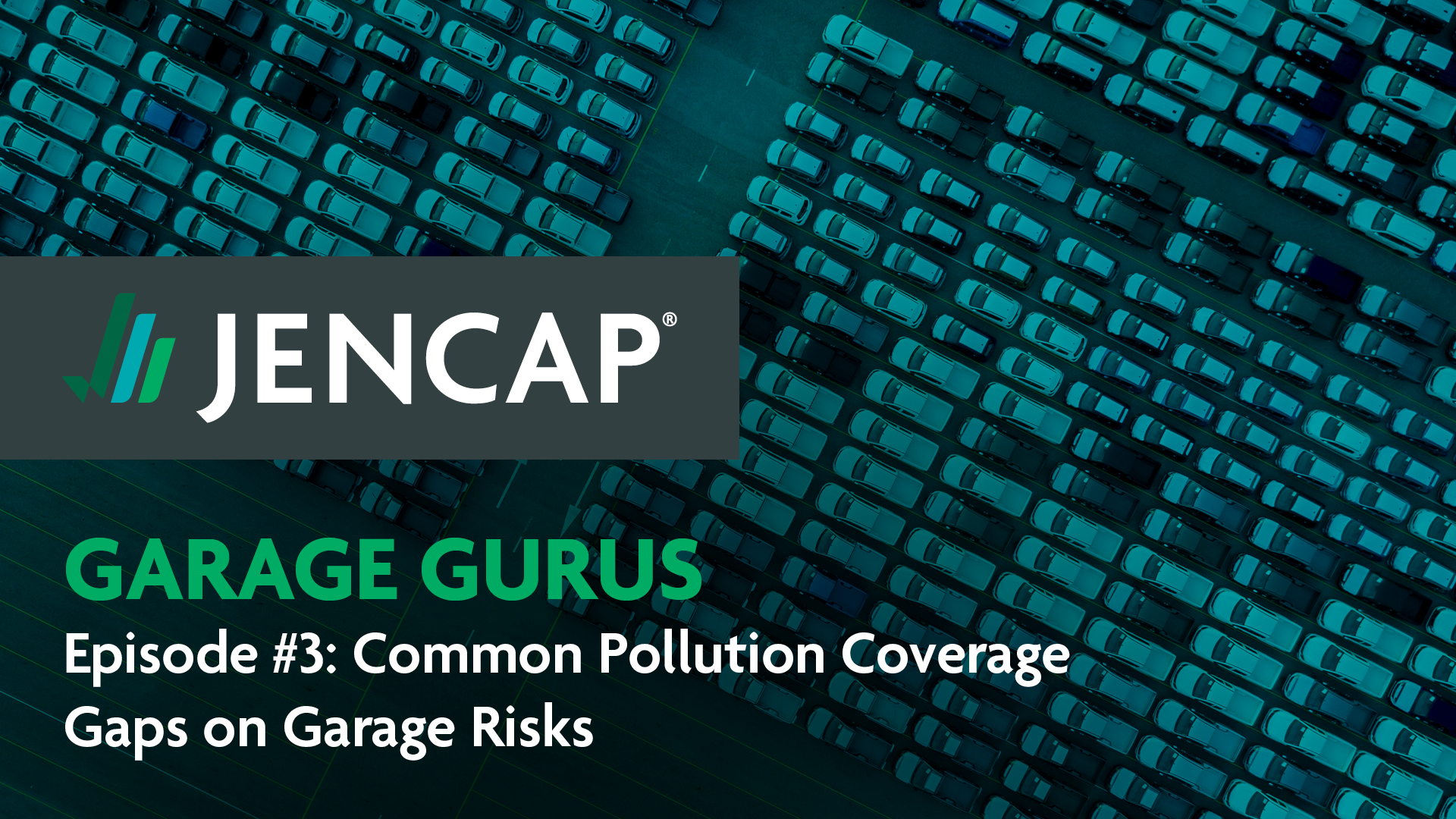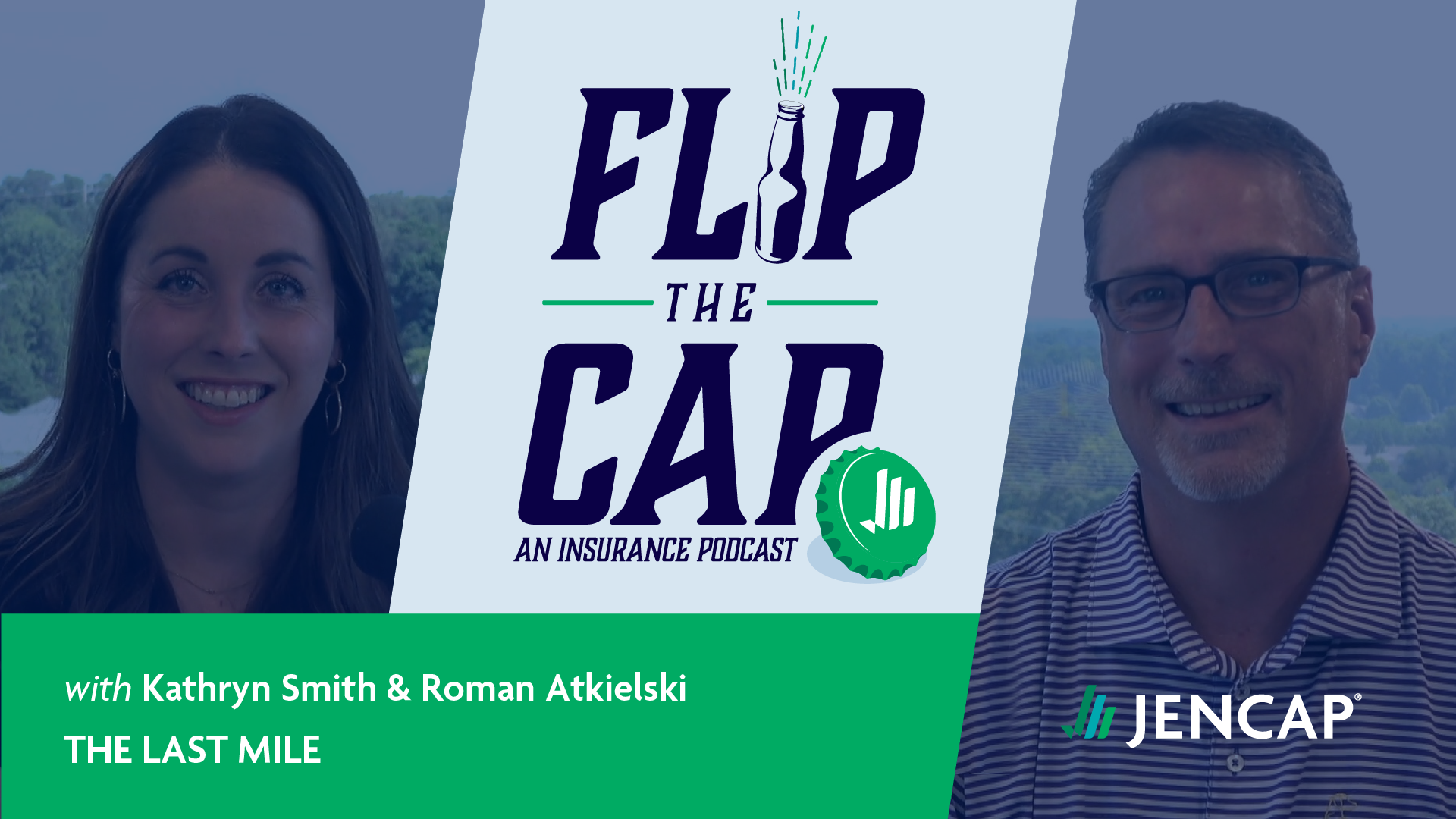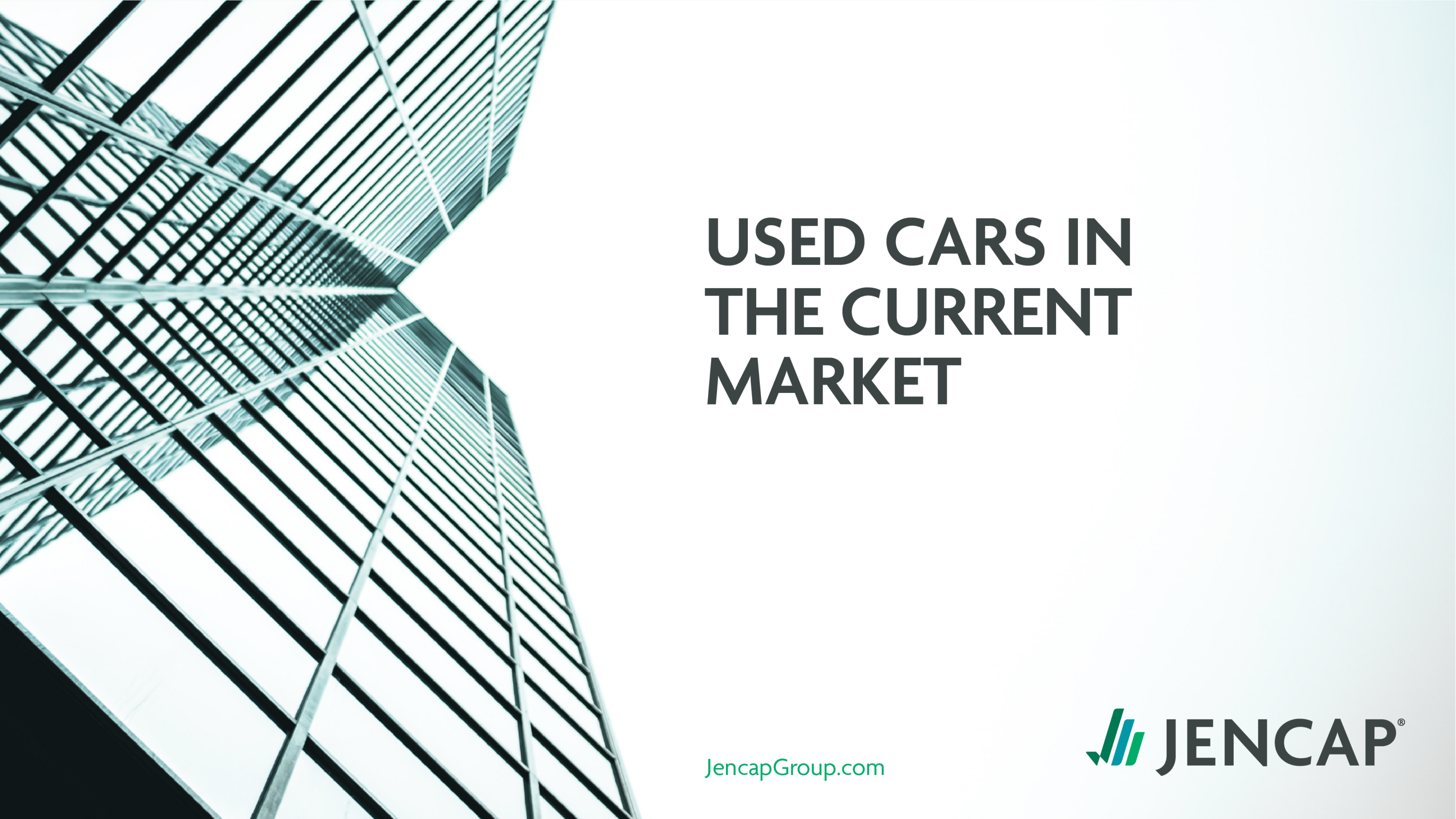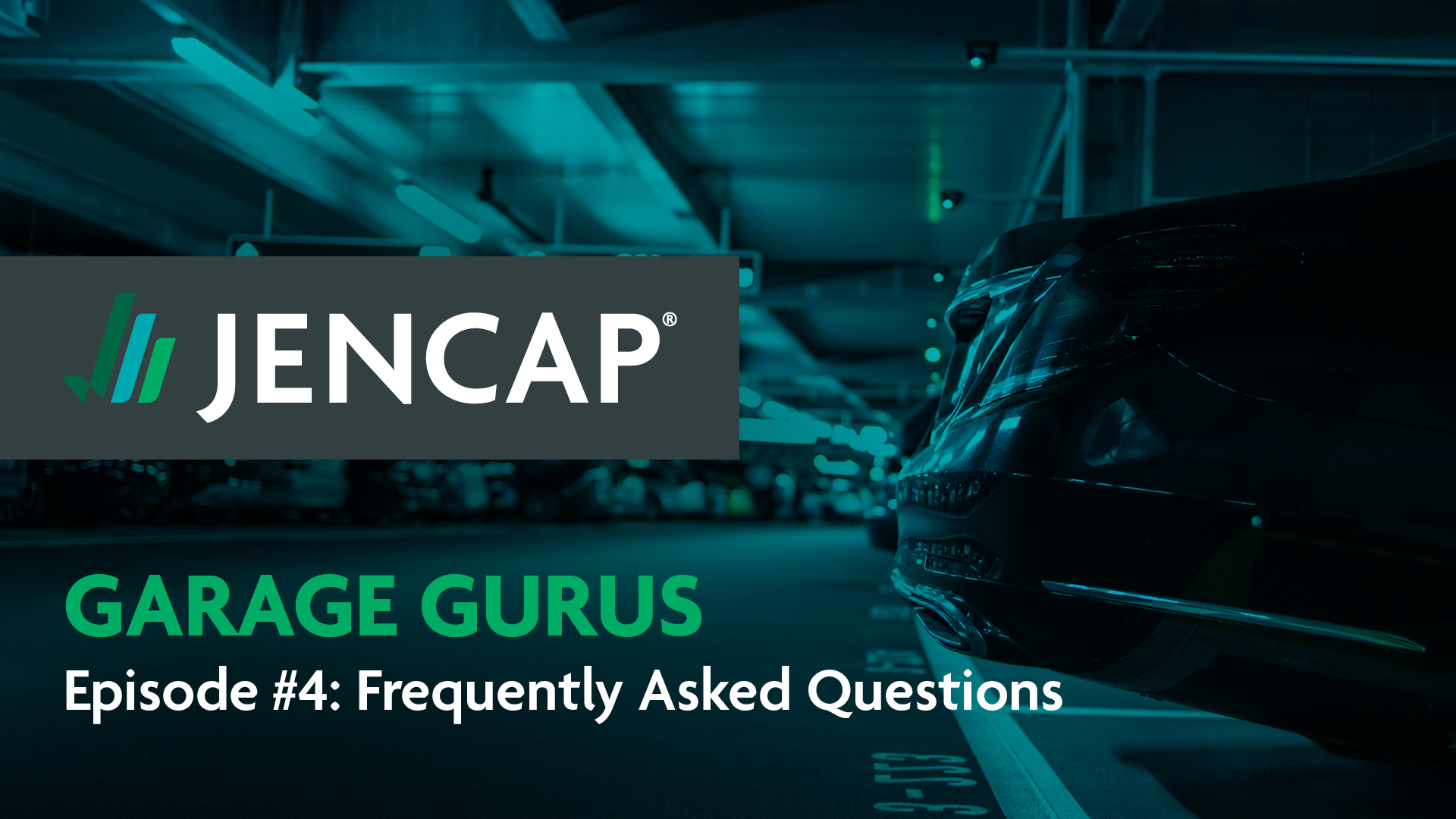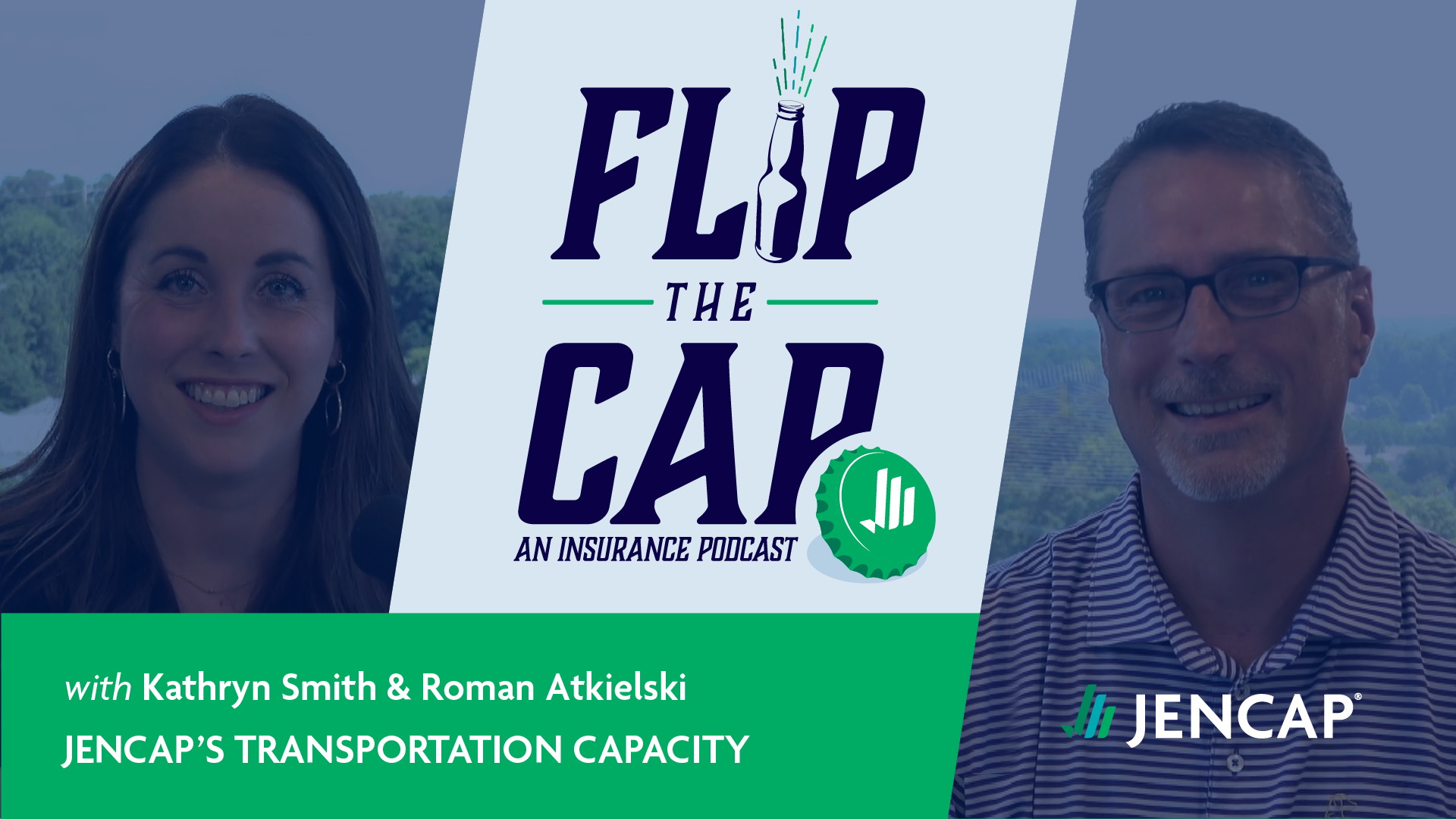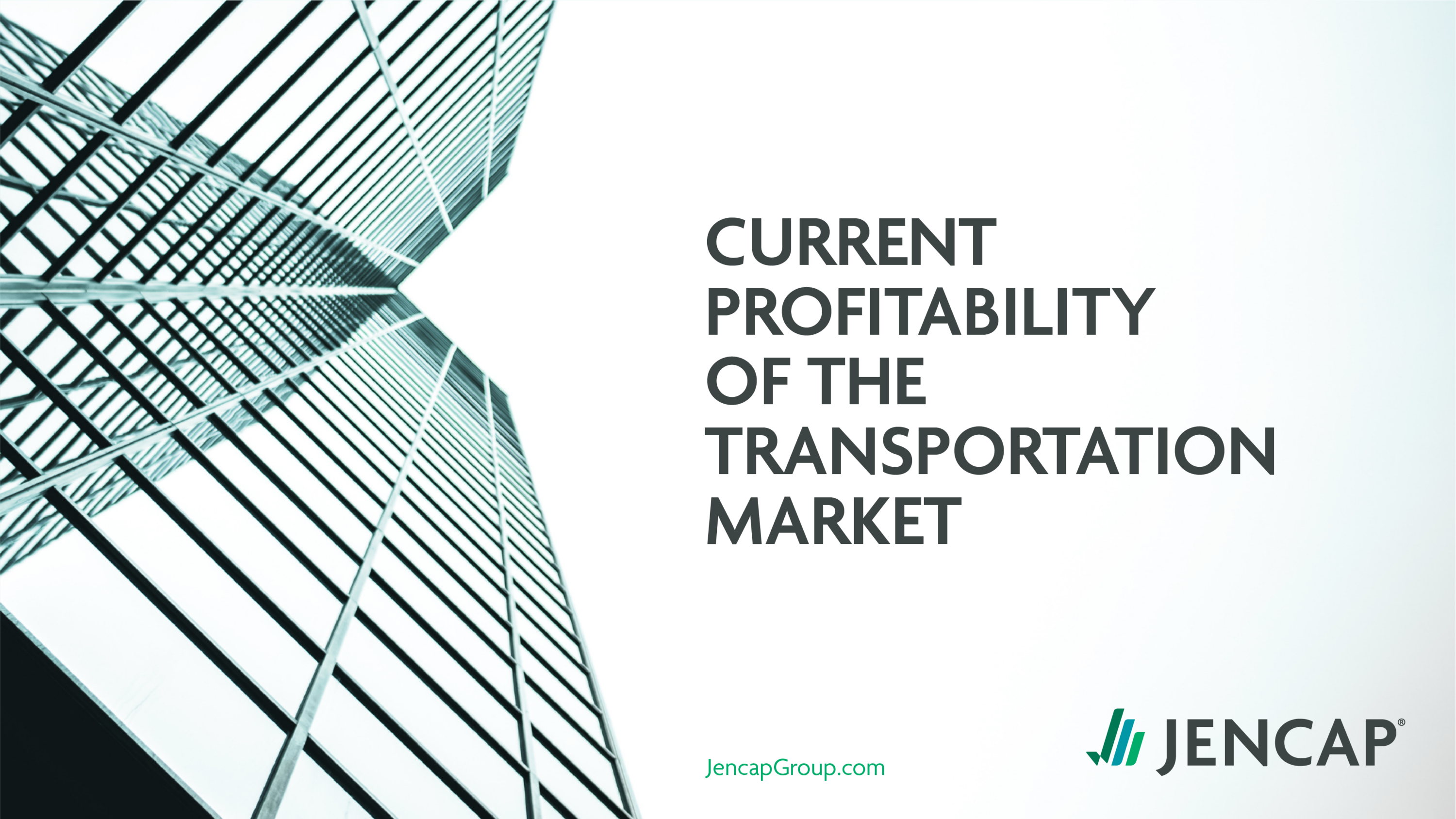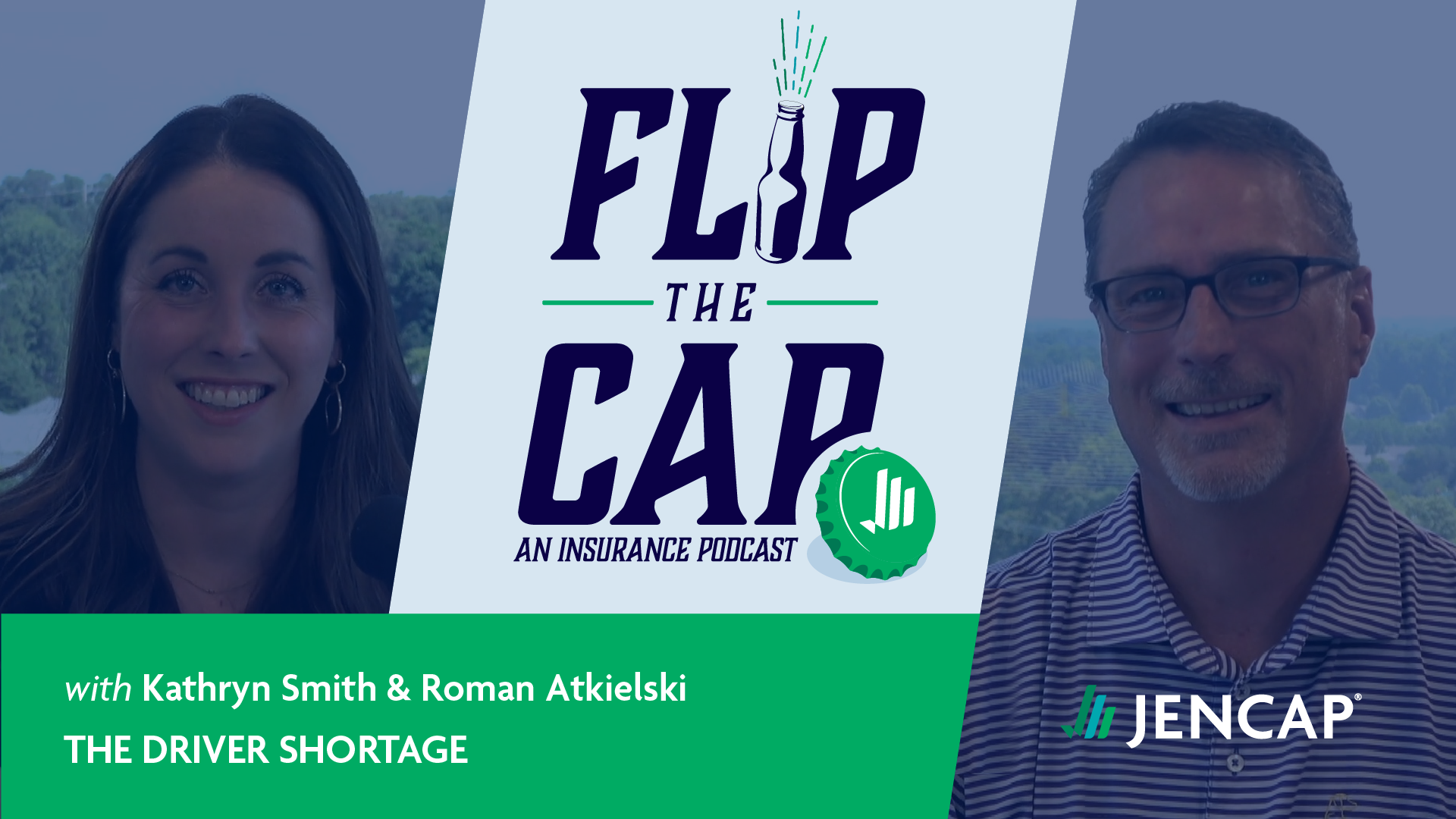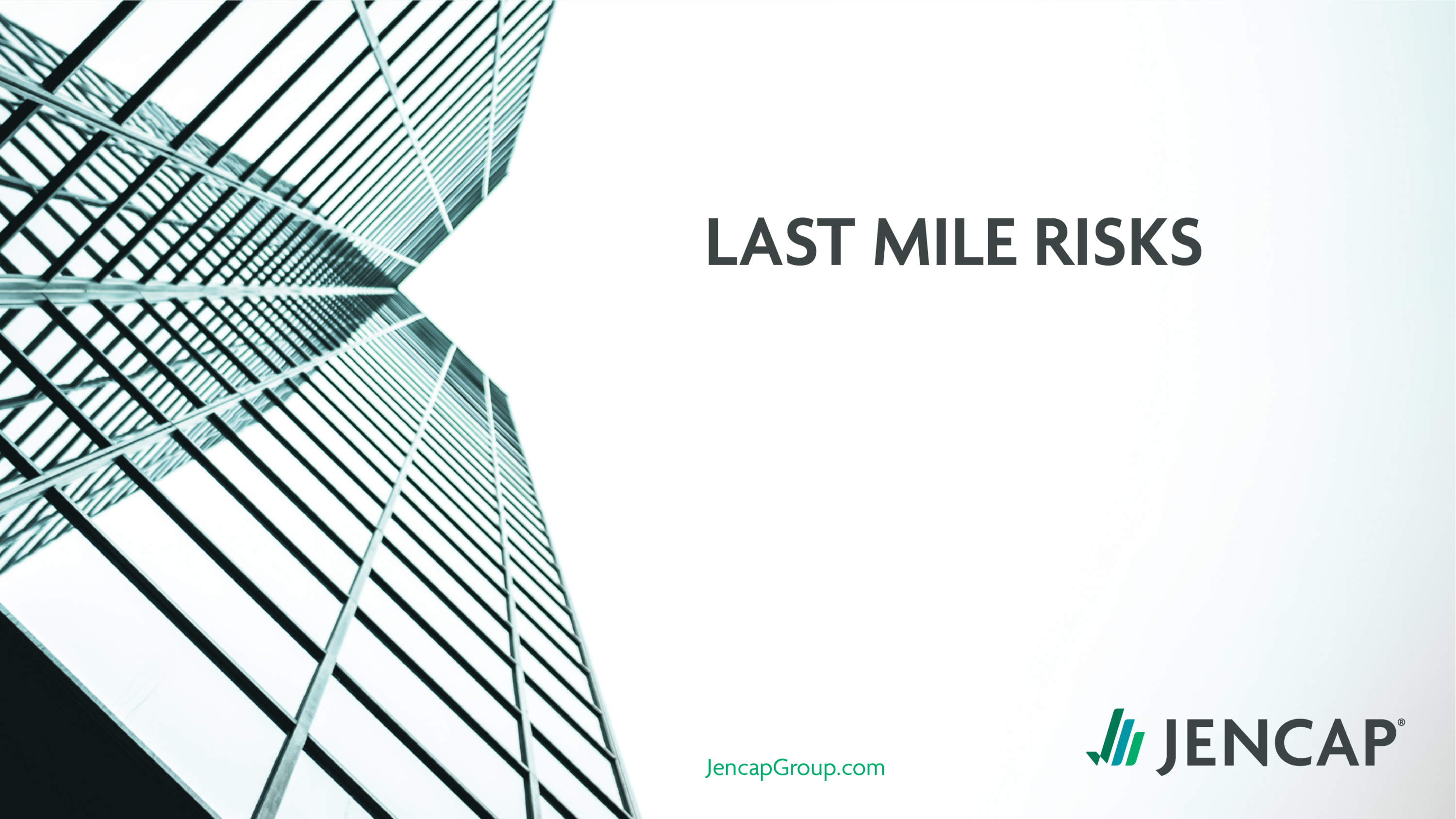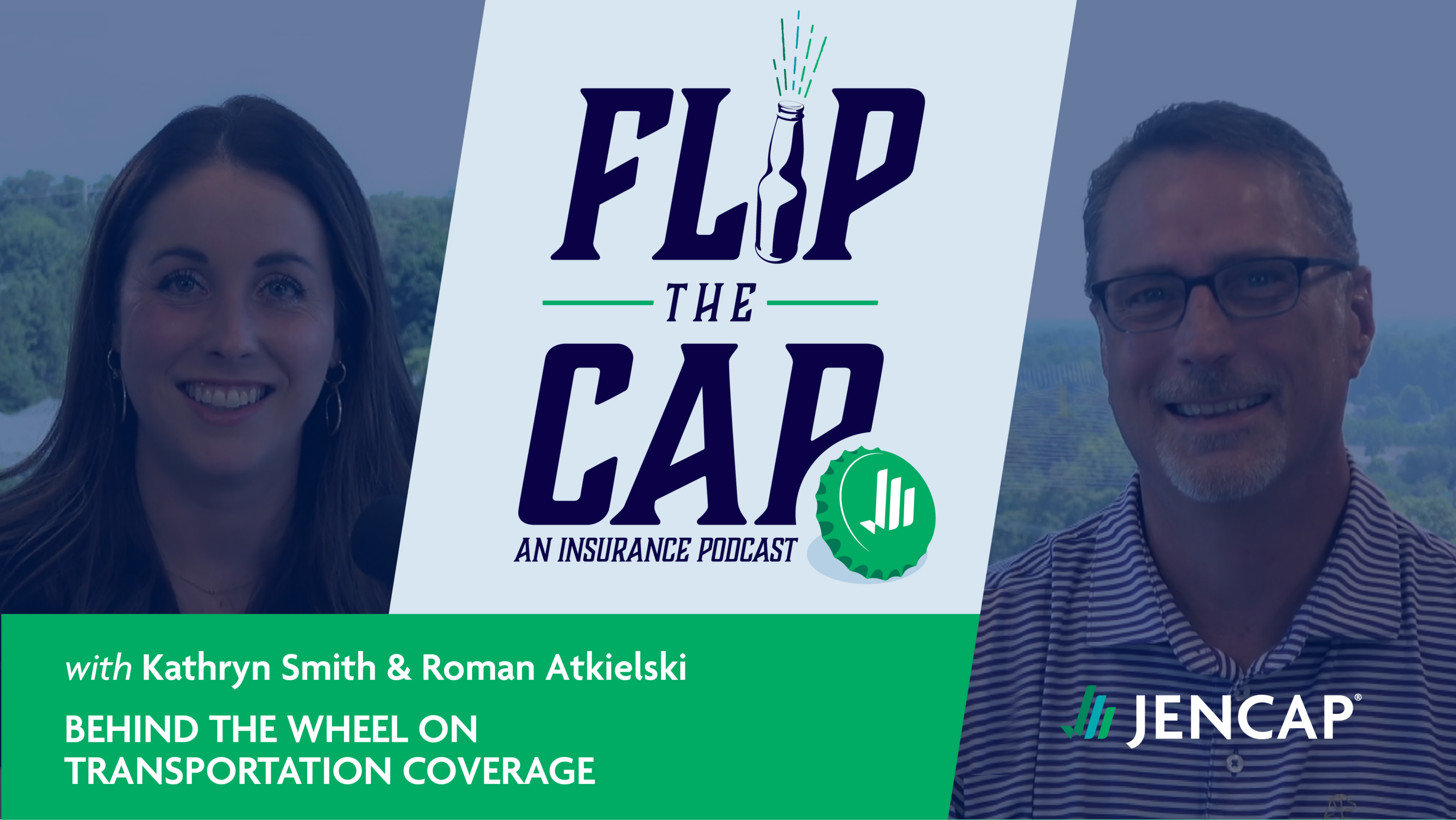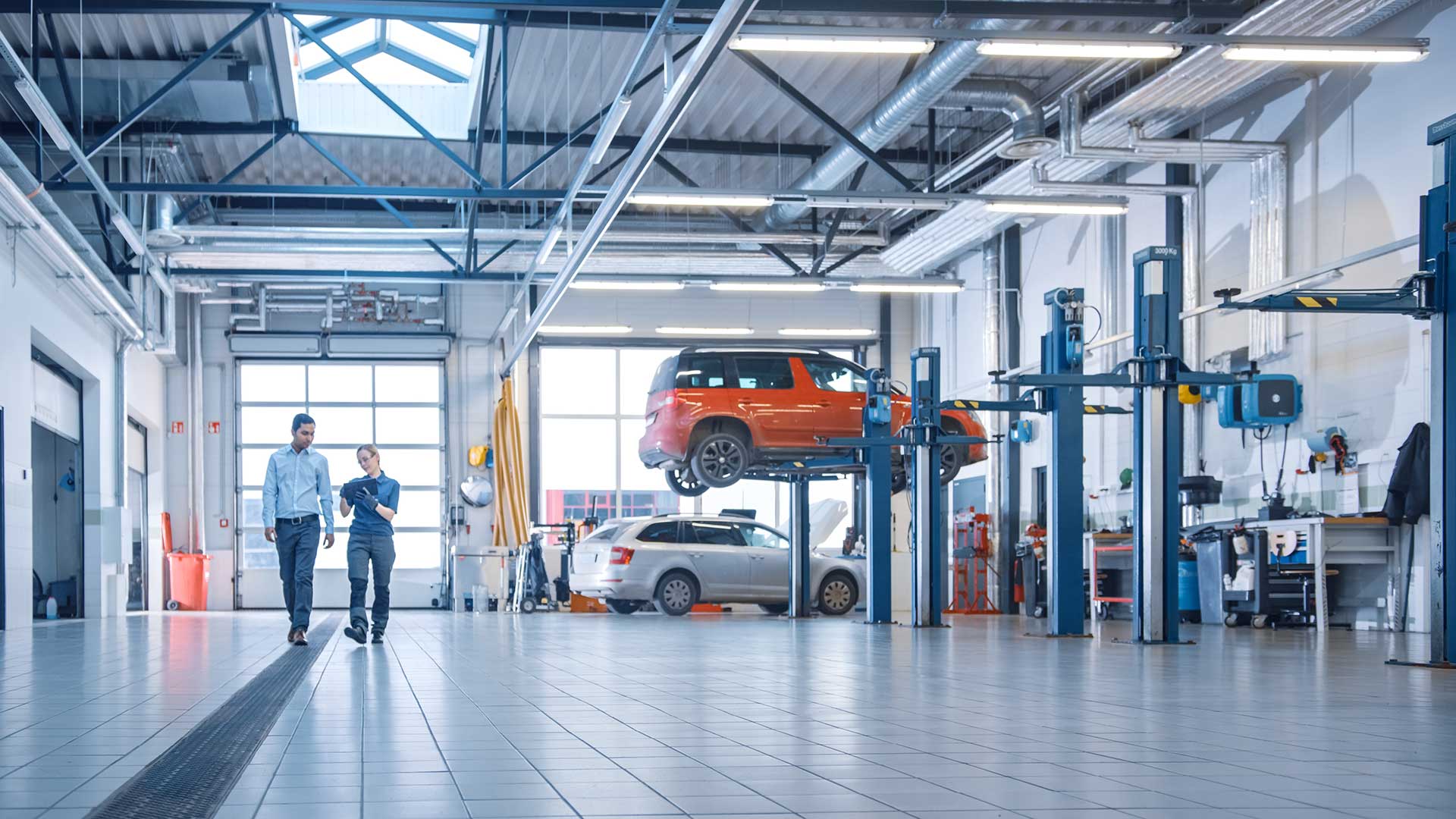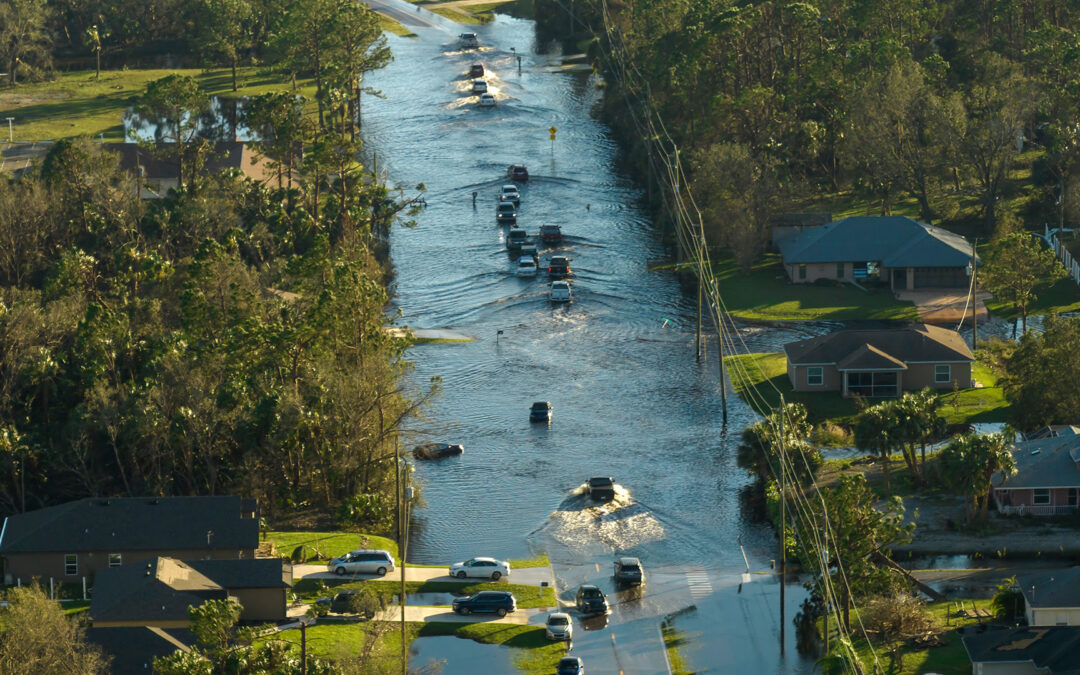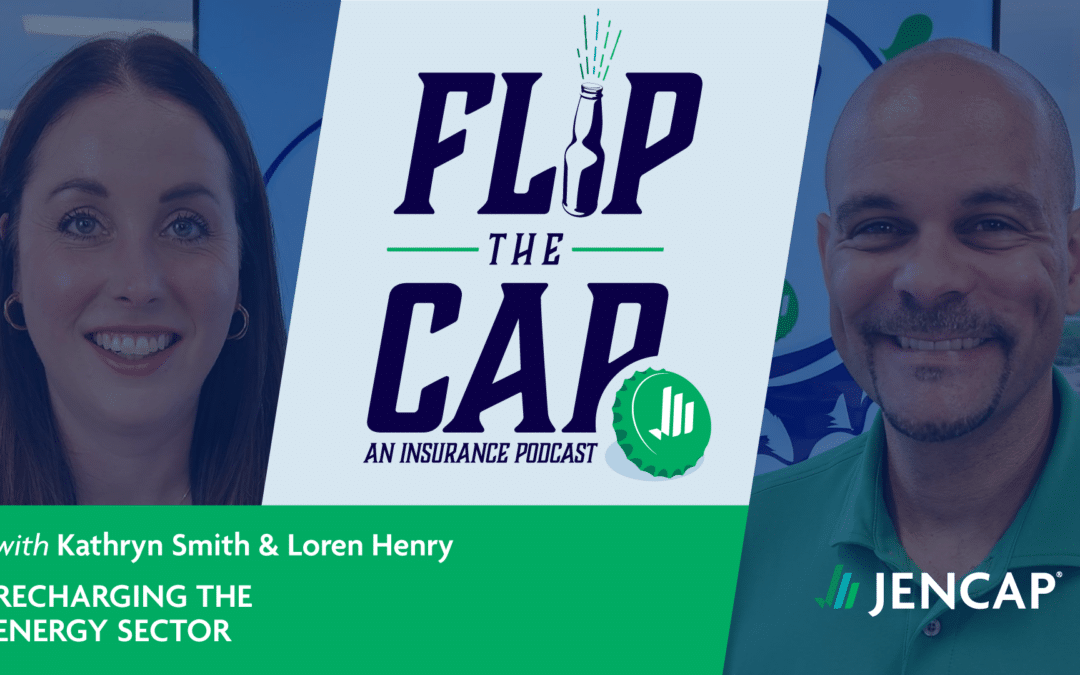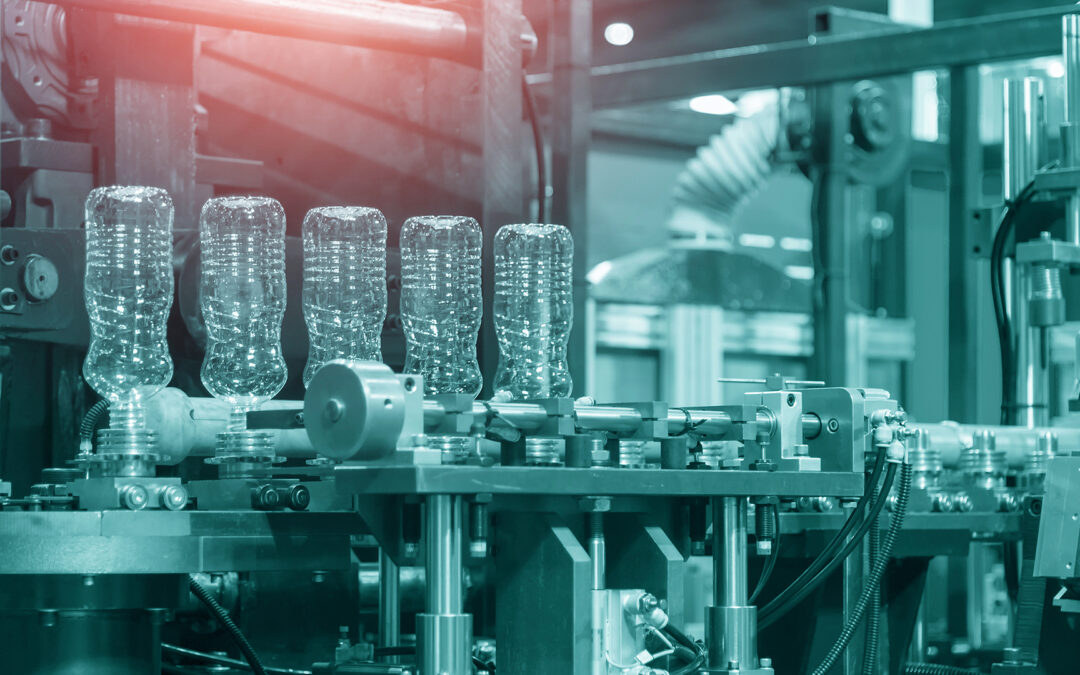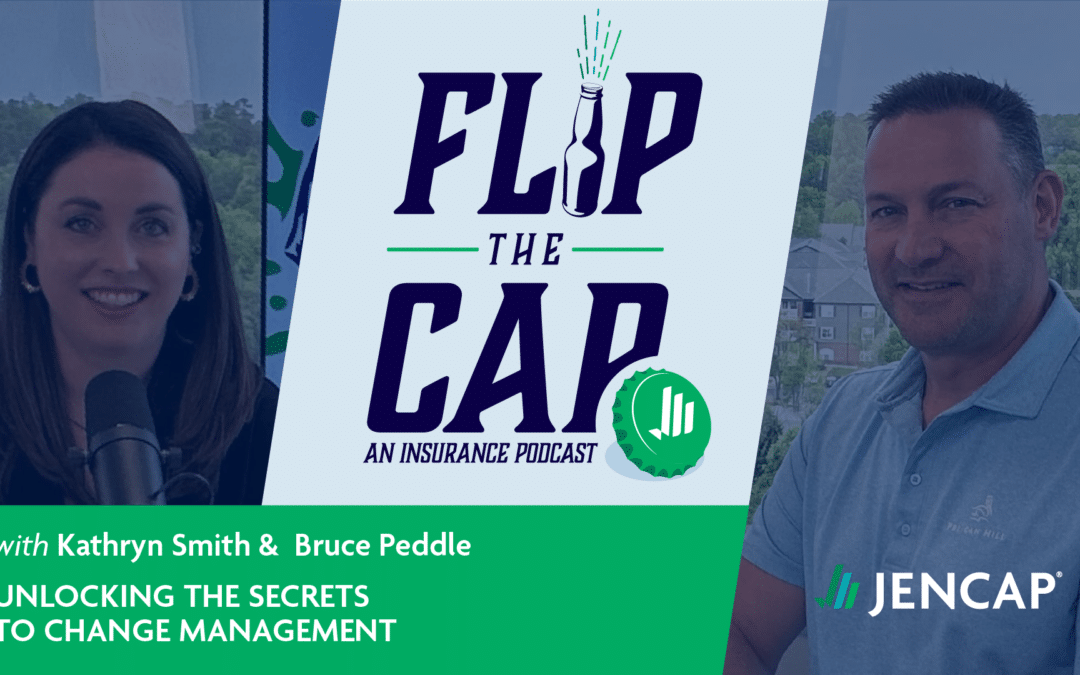Running a garage or auto business involves far more than just fixing or selling vehicles. It comes with a set of unique risk exposures, and crafting an insurance package to protect against those risks isn’t a one-size-fits-all process. Whether your clients operate an auto body shop, car dealership, car wash, valet parking service, mobile mechanic operation, or some other type of auto business, having the right insurance coverage is crucial.
Here are seven key insurance coverages you should explore with your garage and auto clients to best protect their assets, employees, and customers.
1. Property
Property insurance is the foundation of any comprehensive insurance plan. It protects an auto business’s physical assets — such as buildings, equipment, inventory, and furniture — from risks like fire, theft, vandalism, or natural disasters. Imagine, for instance, a fire breaks out in an auto body shop, causing damage to the back offices and several of the auto bays. A property insurance policy covers the cost of repairing or replacing damaged computers, office furniture, bay tools and equipment, and building structures, ensuring the business can recover without a significant financial setback.
Pay special attention to the details of your client’s leasing agreement, if they don’t own their property outright. Just because your client doesn’t own the building, it doesn’t mean their landlord automatically provides property coverage, and your client will need to take that into account when determining their insurance needs.
2. Commercial Auto
If a business owns and/or operates any vehicles, commercial auto insurance is a must. Consider this scenario: a car-detailing company owns several vehicles its employees use to provide on-site mobile cleaning services to customers. While leaving a job, an employee backs the company’s vehicle into another car sitting in the customer’s driveway. Or perhaps a repair shop’s tow truck is at fault in an accident (ironically) on the way to pick up a customer’s damaged vehicle. In all these scenarios, the business’s commercial auto insurance would cover the repair costs of both the business’s vehicle and any third-party vehicles or property involved, as well as medical expenses for the other driver.
3. Hired & Non-Owned Auto
Even if a business doesn’t own vehicles, it can still face liability if it uses rented, hired, or borrowed vehicles. A Hired & non-owned auto (HNOA) policy fills any coverage gaps between a company’s commercial auto policy and their employees’ personal auto policies. It protects the business from liability arising from accidents while employees use non-company vehicles for anything from running business-related errands and picking up supplies to providing services to customers.
Let’s say a small, mobile detailing business has employees use their personal vehicles to drive to and from jobs. On the way to a customer, an employee bumps into the vehicle in front of him at a traffic light. HNOA would step in to cover the damages to the other vehicle. Or, perhaps an auto shop rents a tow truck on an as-needed basis rather than owning one. An HNOA policy can provide coverage for accidents or incidents if the employee driving the tow truck is at fault.
4. General Liability or Garage Liability
All businesses need general liability insurance, which is a broad form of coverage that protects a company if their products or services cause injury or damage to their customers or customers’ property. Imagine a customer slips and falls on a coffee spill in a dealership’s customer lounge. General liability insurance would cover medical expenses and legal costs associated with the injury claim.
In some situations, if the auto business needs more specialized liability coverage, a garage liability policy may be more appropriate than a general liability policy. A garage liability policy offers umbrella coverage that protects the business from bodily injury and property damage resulting from business operations. It can also cover things the auto business makes or sells, like custom parts or accessories.
Not sure whether general liability or garage liability is right for your client? We’ve written a blog post that offers some guidance and general tips.
5. Garagekeepers Liability
While “garagekeeper liability” sounds an awful lot like “garage liability,” they’re two completely different things — and an auto business may need both. Garagekeepers liability is auto business protection that covers gaps in a garage liability. It provides coverage for a customer’s vehicle while it’s in a business’s care or custody, and it’s intended to cover physical damage losses to customers’ vehicles in situations such as fire, theft, collision, vandalism, and extreme weather.
Think back to the fire example we mentioned at the auto repair shop at the beginning of this post. What if that fire not only damaged an auto bay but also damaged a customer’s car that was in that bay for repairs? Garagekeepers liability would cover the repair or replacement costs, saving the shop from a potentially costly lawsuit and reputational harm. It would also cover collisions — for example, if an employee bumps into something while moving a customer’s car from the shop into the parking lot.
6. Errors and Omissions
Errors and omissions insurance (E&O) is a type of professional liability coverage. It’s intended to protect businesses that offer professional services and advice, where mistakes and errors in judgment could have significant and costly impacts. If a mechanic, for instance, incorrectly diagnoses a car issue, resulting in further damage, E&O insurance would cover the costs of rectifying the error and any resulting legal expenses.
Auto dealers, in particular, can benefit from specialized garage E&O coverage that’s tailored to some of the specific risks they face, such as:
- Truth in Lending: This coverage protects the dealer from legal claims arising from inaccuracies in loan terms and financing disclosures.
- Lemon Laws: Lemon Laws vary by state, but, in general, they protect consumers who purchase a vehicle with substantial defects that may affect its safety, value, or use. Lemon Law E&O covers legal claims and financial losses resulting from failure to comply with Lemon Laws, including issues like inadequate repairs or failing to accurately disclose defects.
- Odometer Statute: This auto dealer coverage addresses errors or omissions related to odometer readings and protects the dealer if there are discrepancies or inaccuracies in mileage reporting.
- Prior Damage Disclosures: This protects dealerships from claims related to inaccuracies or omissions in disclosing information about prior accidents, damages, or repairs.
7. Cyber Liability Insurance
Garage and auto businesses may think cyber insurance is unnecessary in their line of work. The nuts-and-bolts world of mechanic shops, valet services, and carwashes might not seem high-tech, but there’s likely a lot more technology involved in the business than what meets the eye. Most businesses process payments electronically and store customer data (credit card numbers, physical addresses, email addresses, phone numbers, etc.), which automatically puts them at risk for a data breach. According to IBM, 83% of all businesses experienced a data breach last year. If a bad actor manages to hack into the business’s systems and steals personal and financial information, the business is on the hook for any number of costs — from alerting customers to dealing with lawsuits or addressing negative online reviews. Cyber liability insurance can protect against the fall-out of a data breach, as well as offer coverage for ransomware and phishing attacks.
8. Workers’ Compensation Insurance
In the automotive industry, where physical labor is often involved, workers’ compensation (WC) insurance is crucial — and it’s legally required by every state but Texas. WC provides coverage for medical expenses and lost wages if an employee is injured on the job. For instance, if a mechanic sustains an injury while repairing a vehicle, WC ensures they receive the necessary medical care and compensation for time off work. Partnering with the right WC carrier ensures that businesses not only have the legally-required coverage, but also gives them access to loss control services and risk management tools that prevent accidents from happening in the first place.
Comprehensive Insurance Solutions Keep Garage Businesses Wheels Turning
In the world of auto, having the right garage insurance solutions is a strategic business decision that can mean the difference between peace of mind amid a near-catastrophe and facing financial ruin. By helping your garage clients understand and navigate these key types of insurance coverages, you can protect their business and do right by their customers.
Need support? Jencap’s garage insurance experts will work alongside you to tackle whatever risks and challenges your clients face. Contact us today for a quote.
